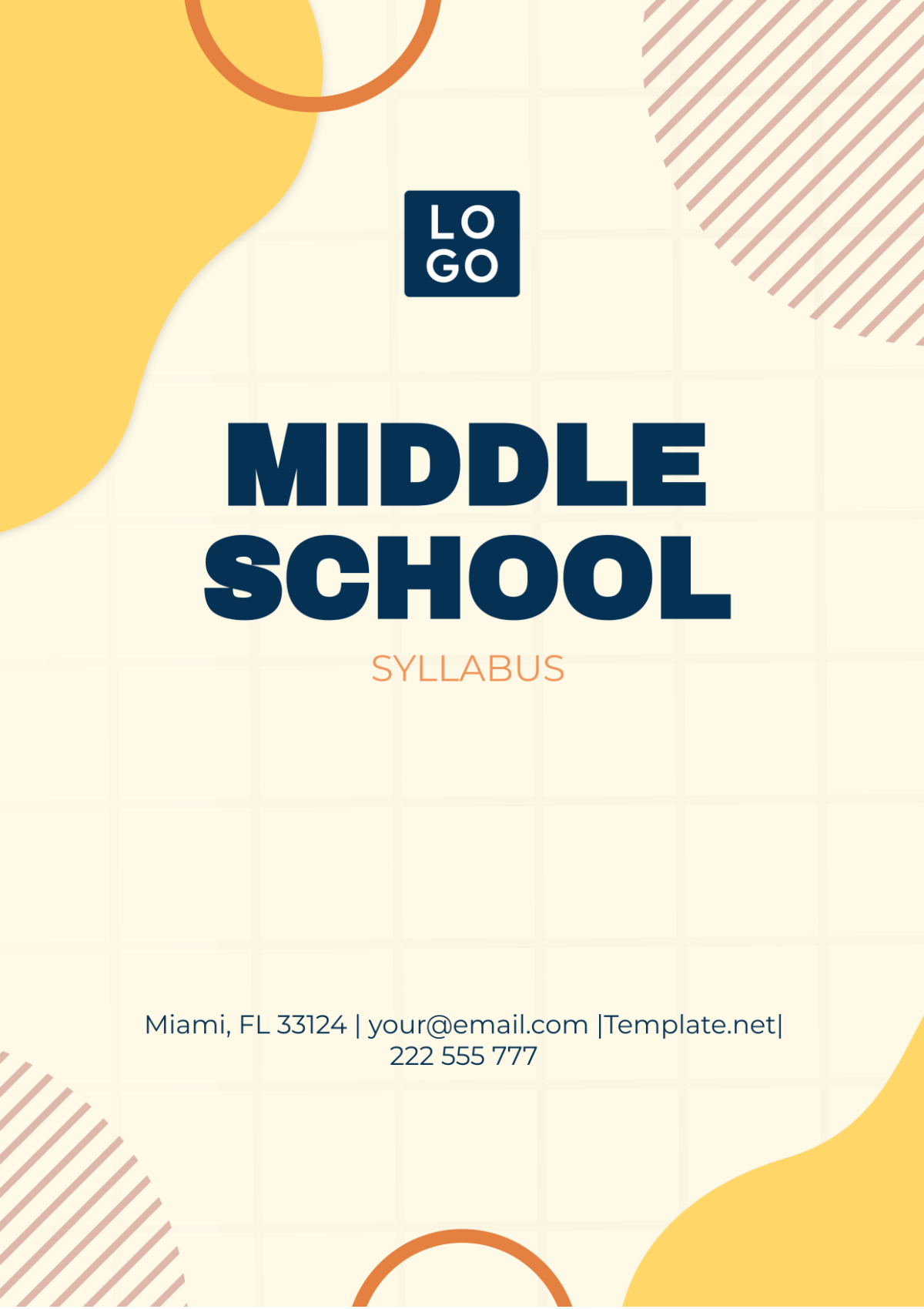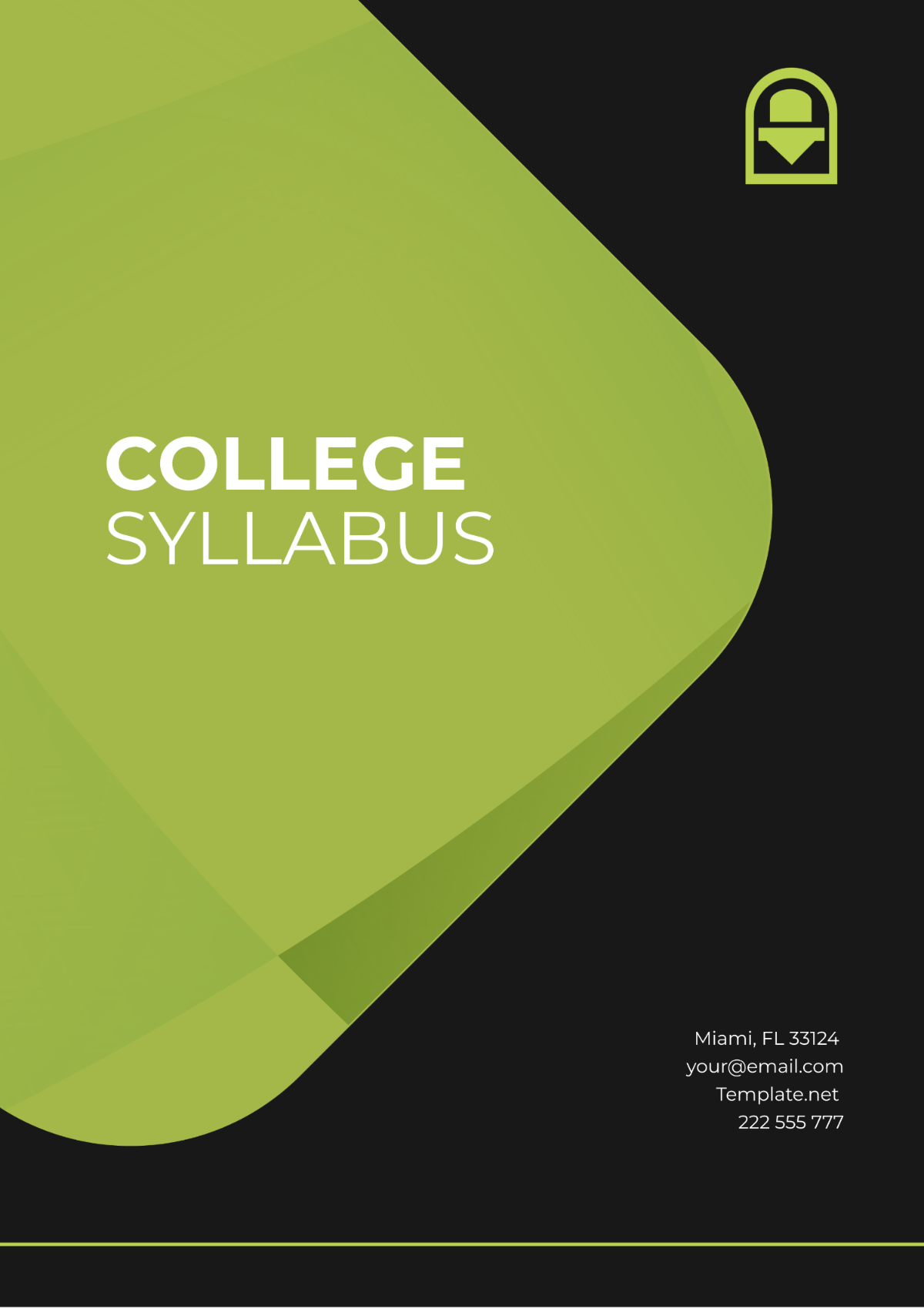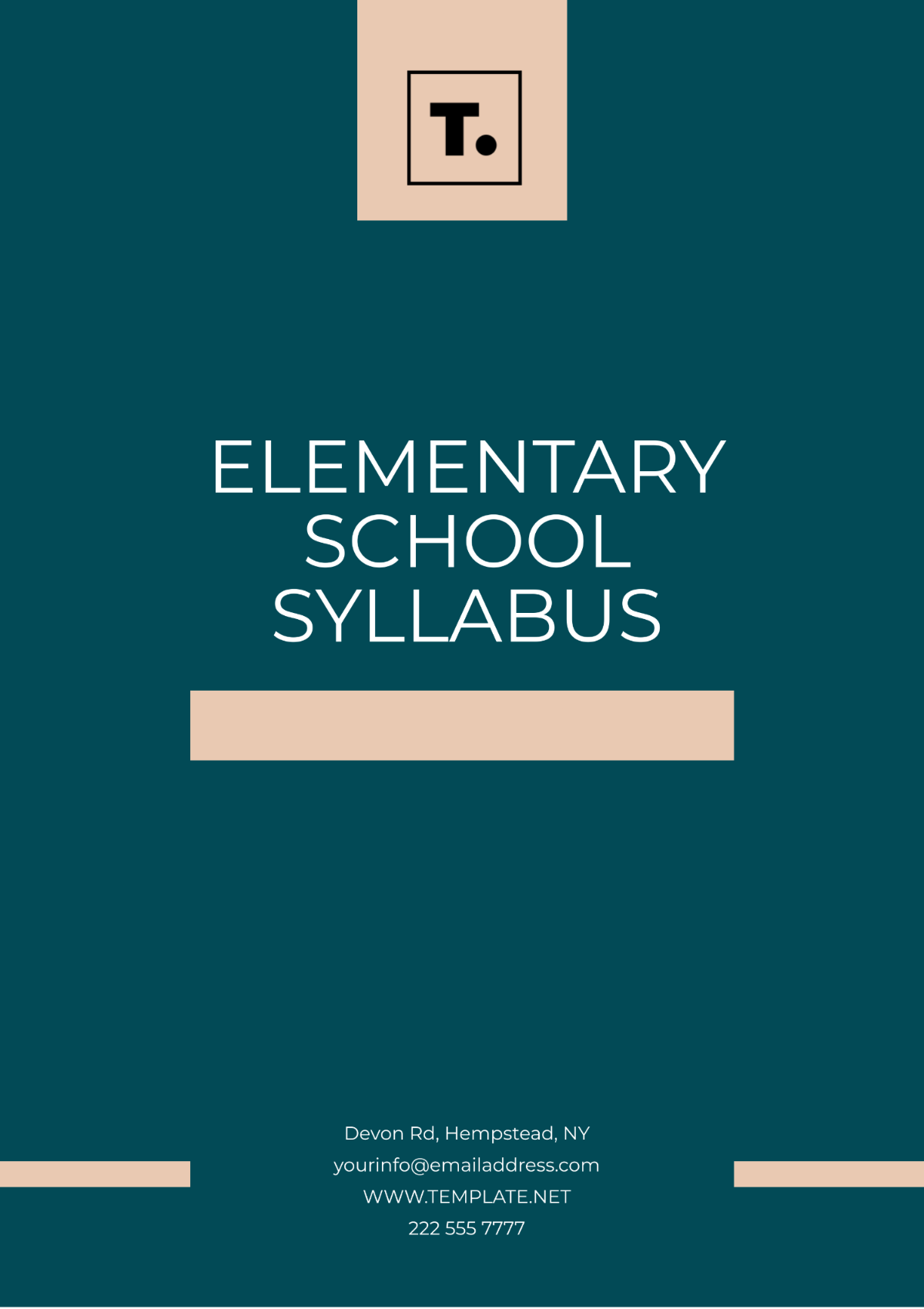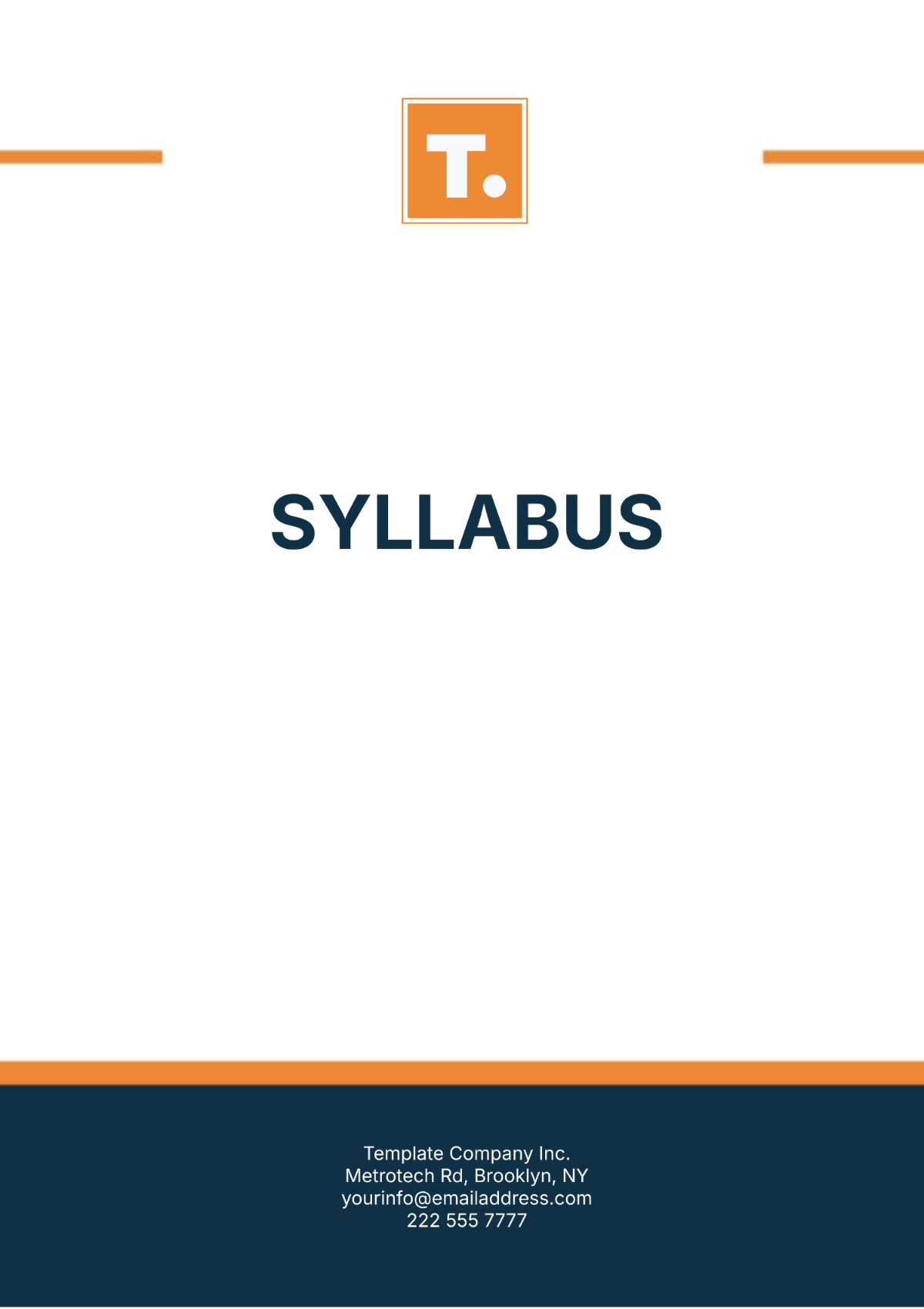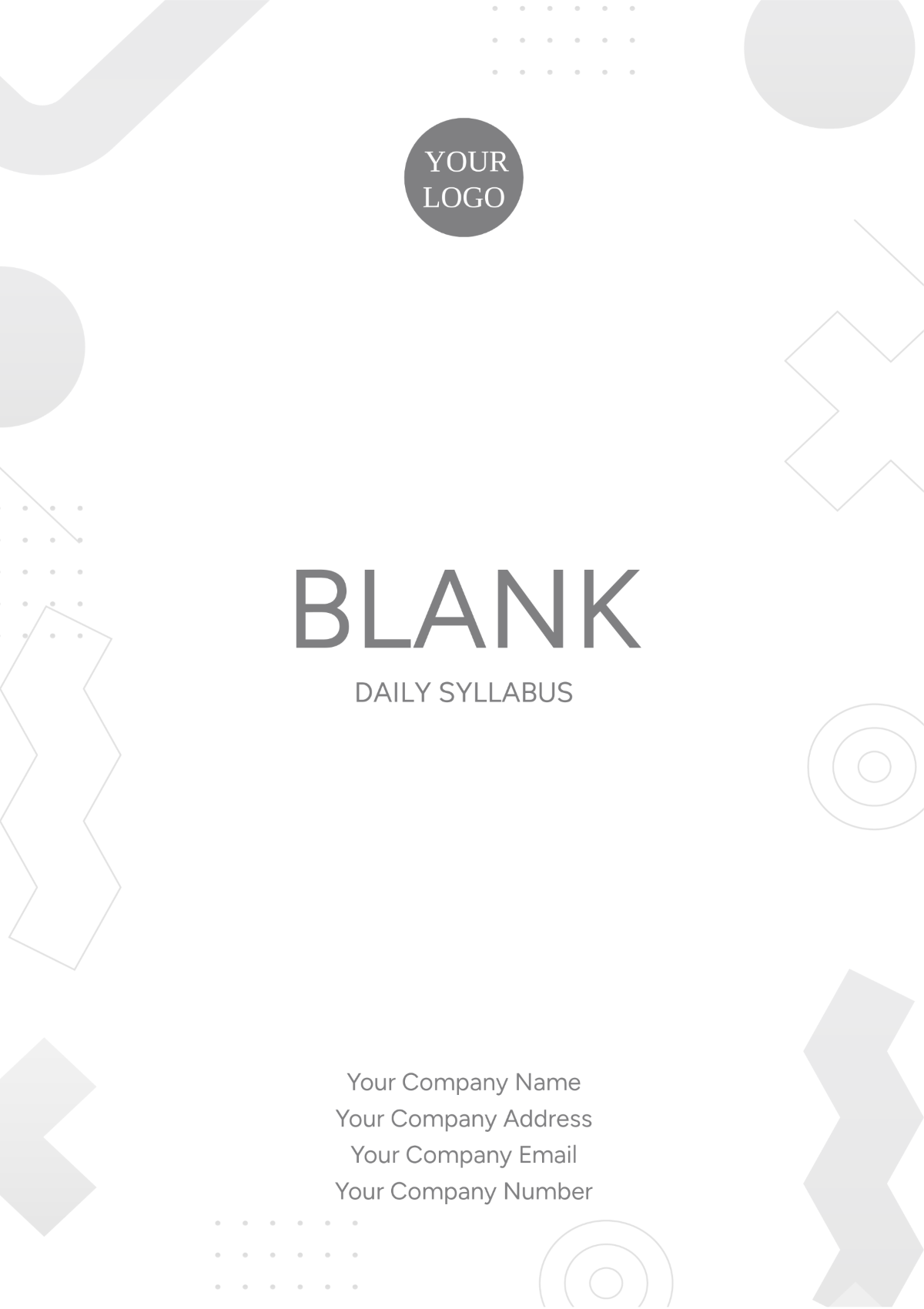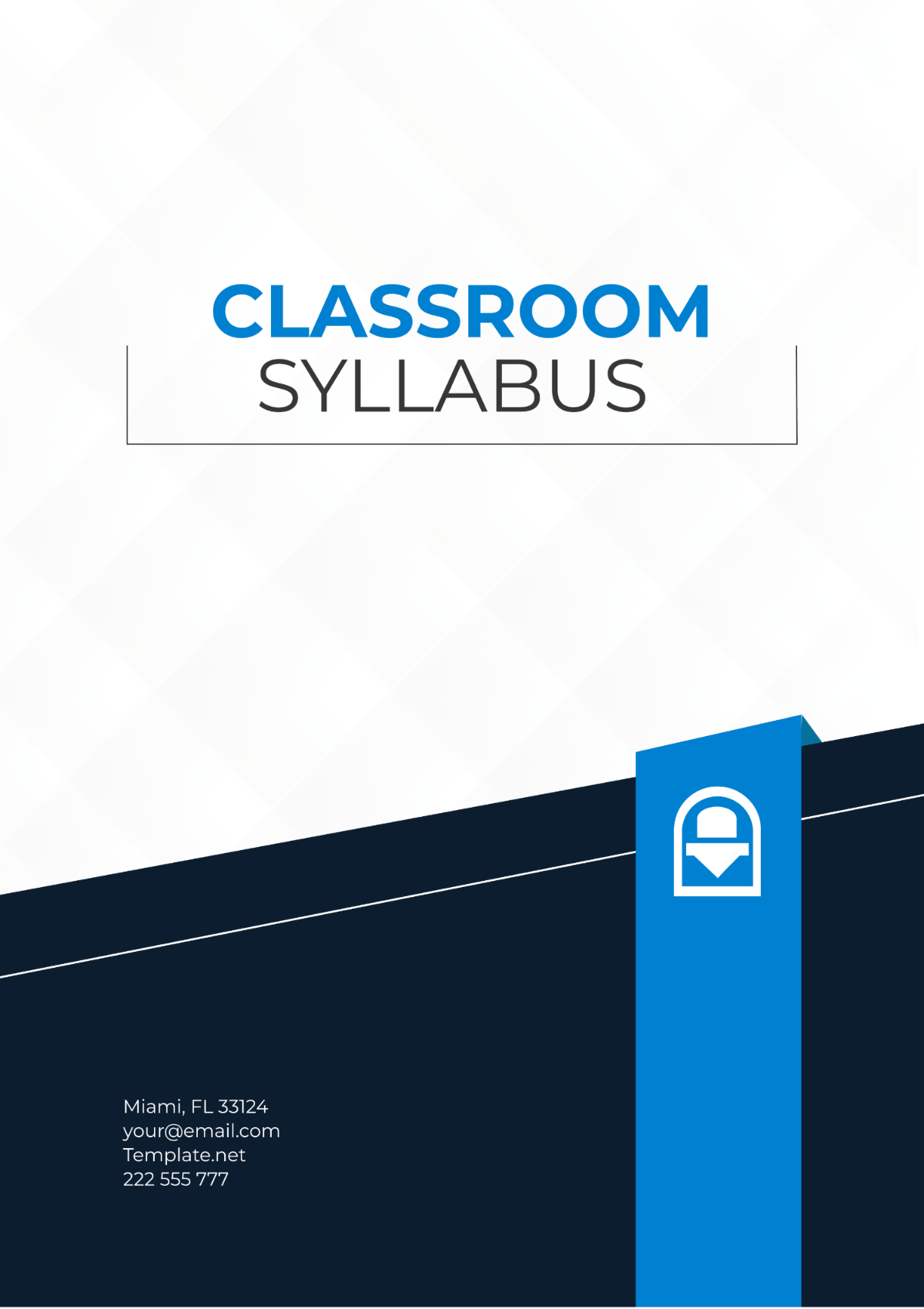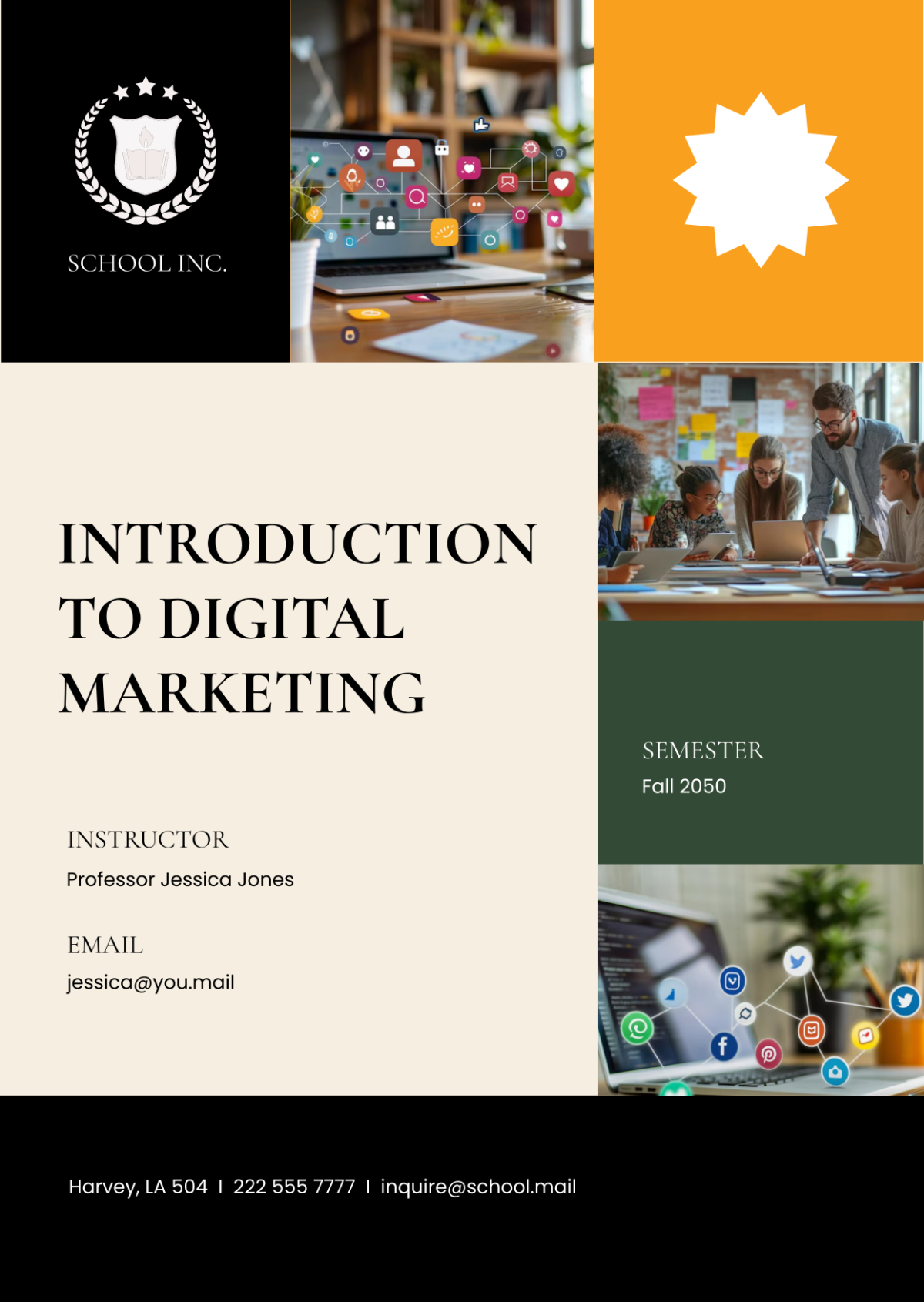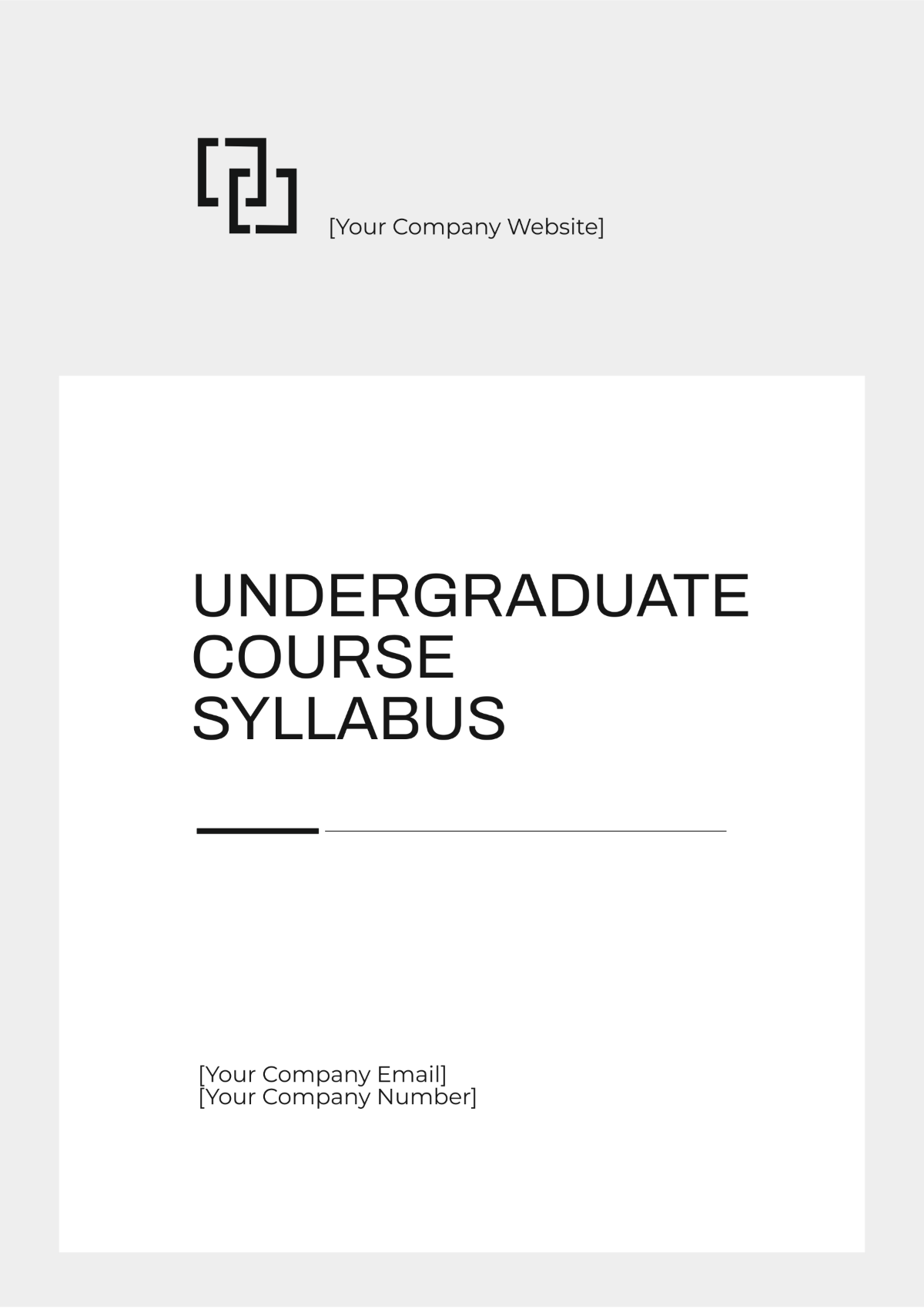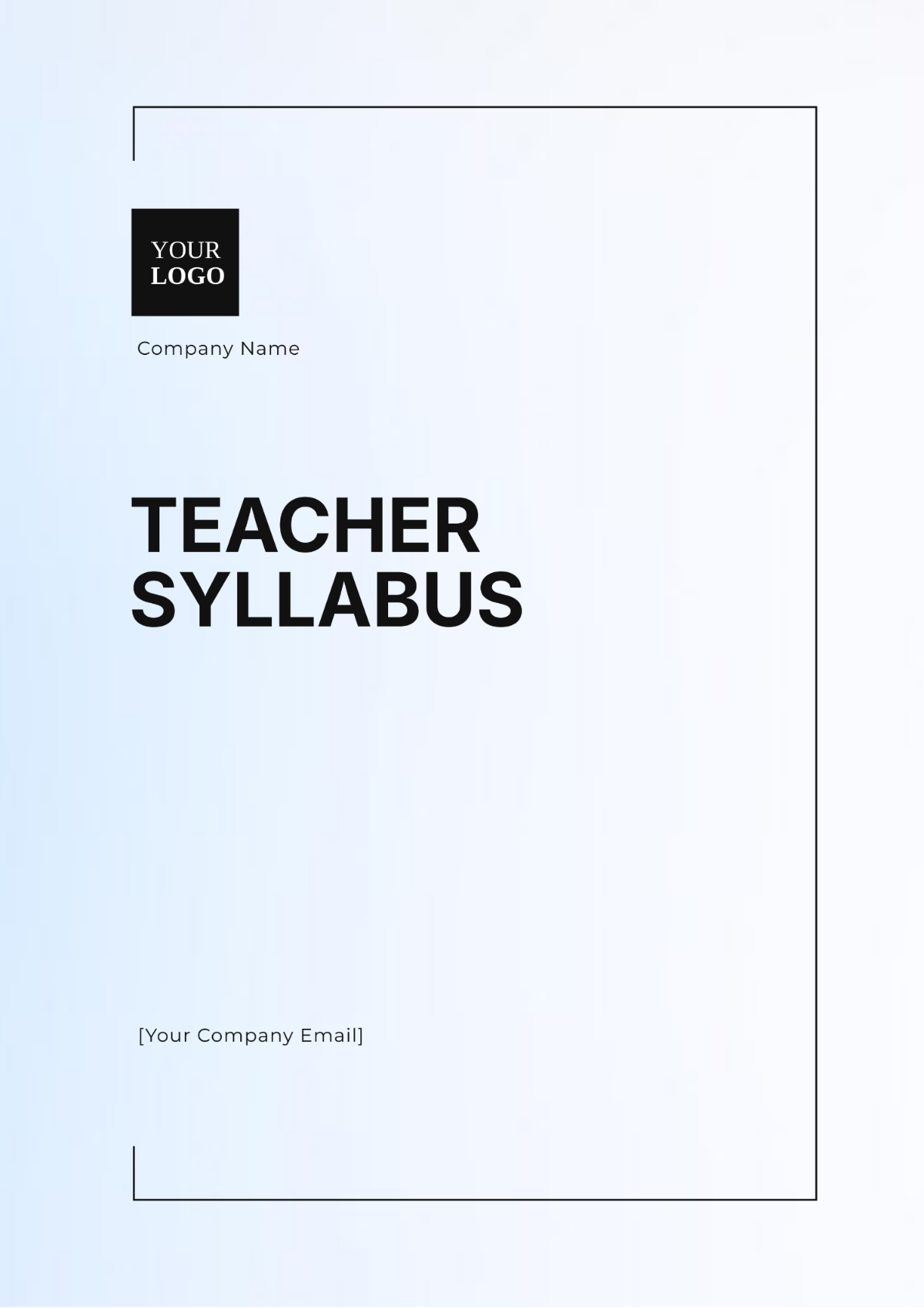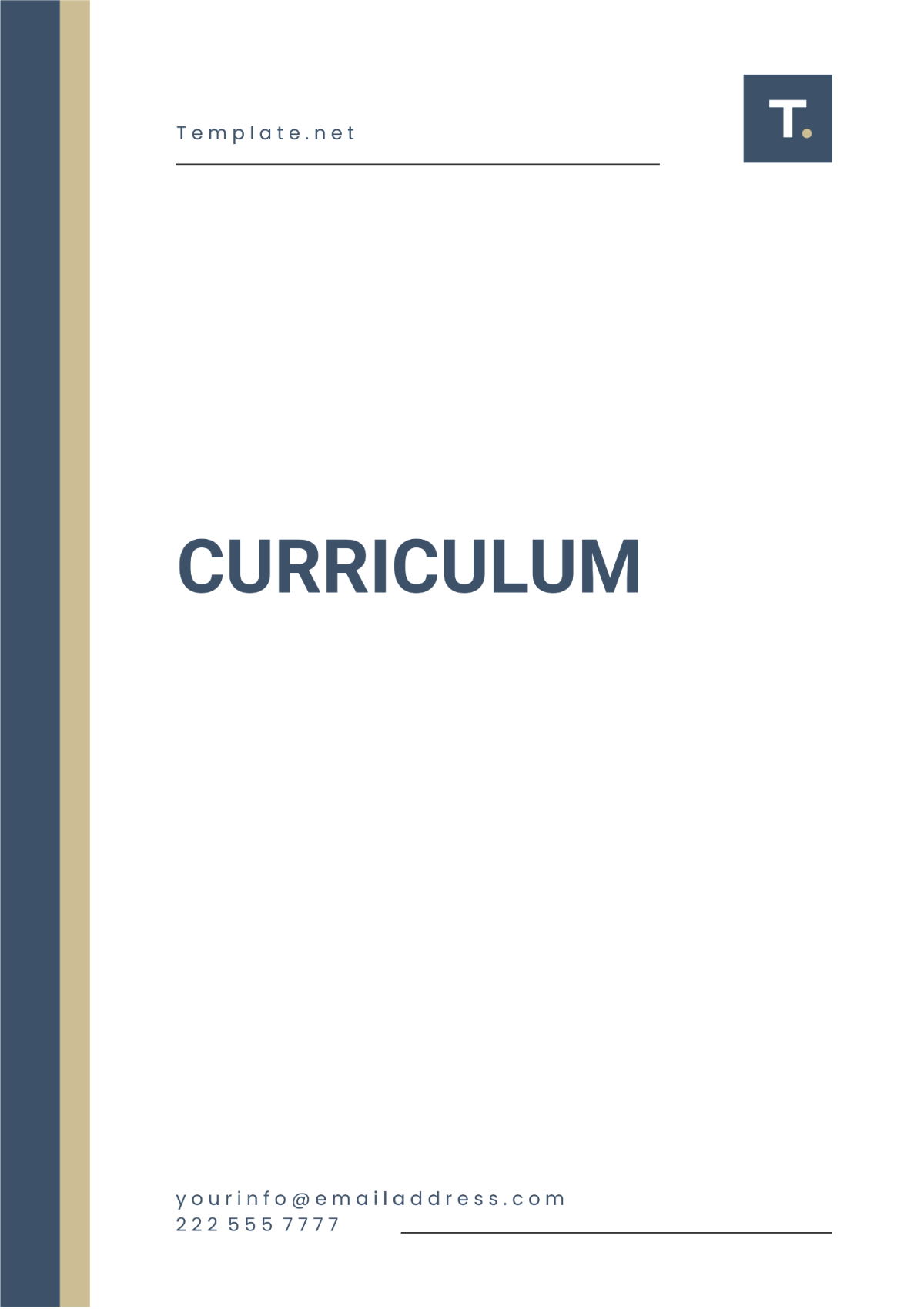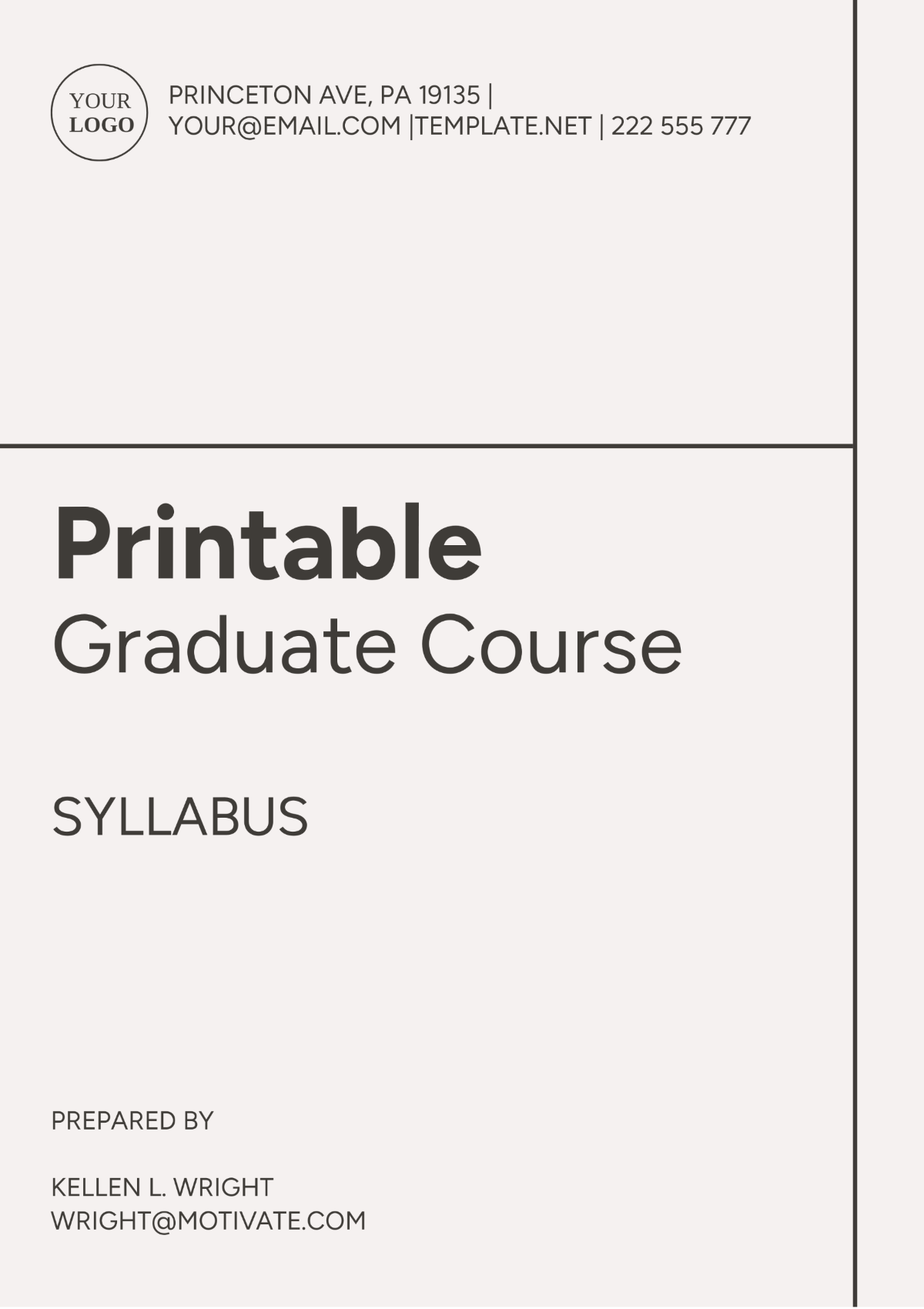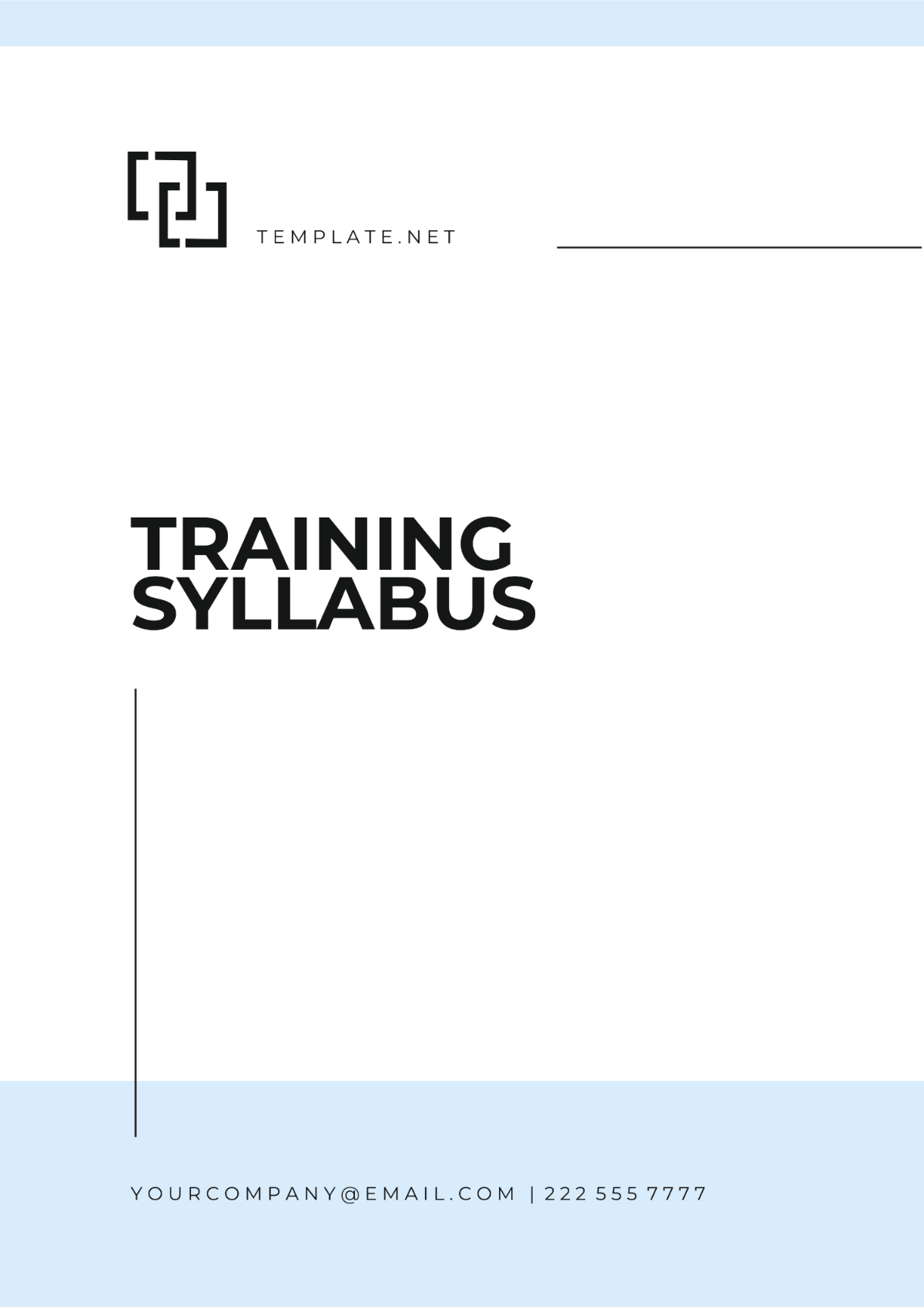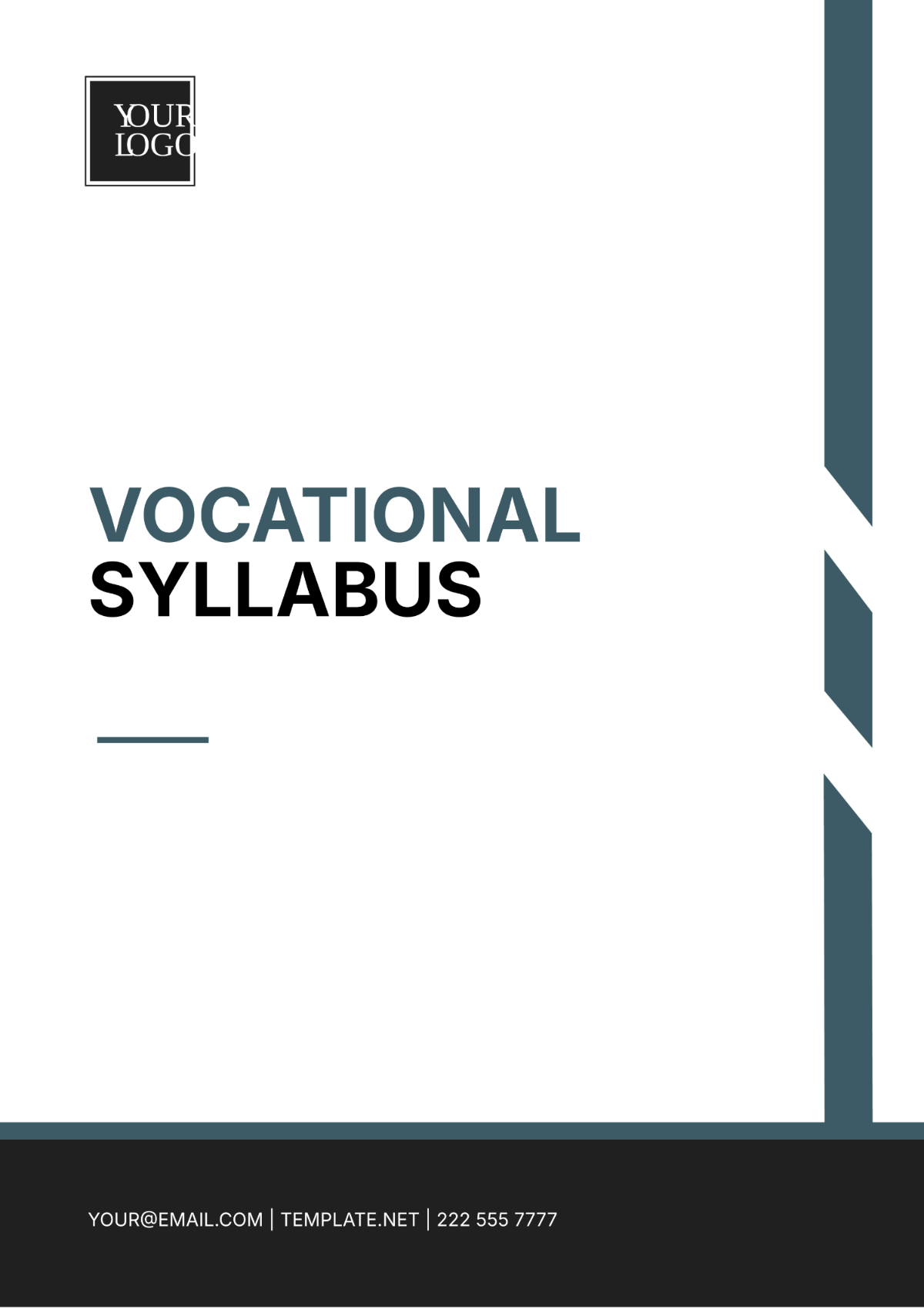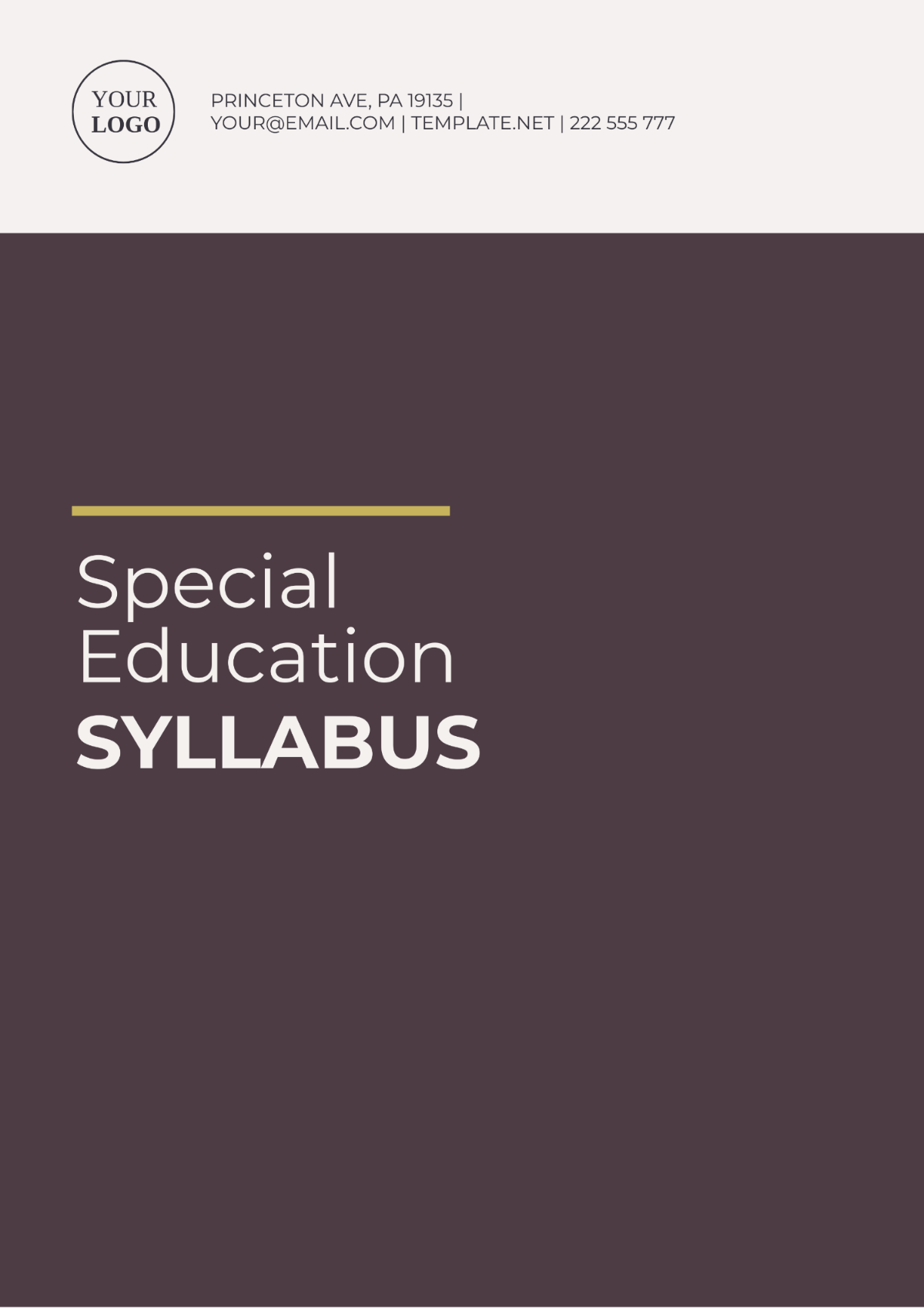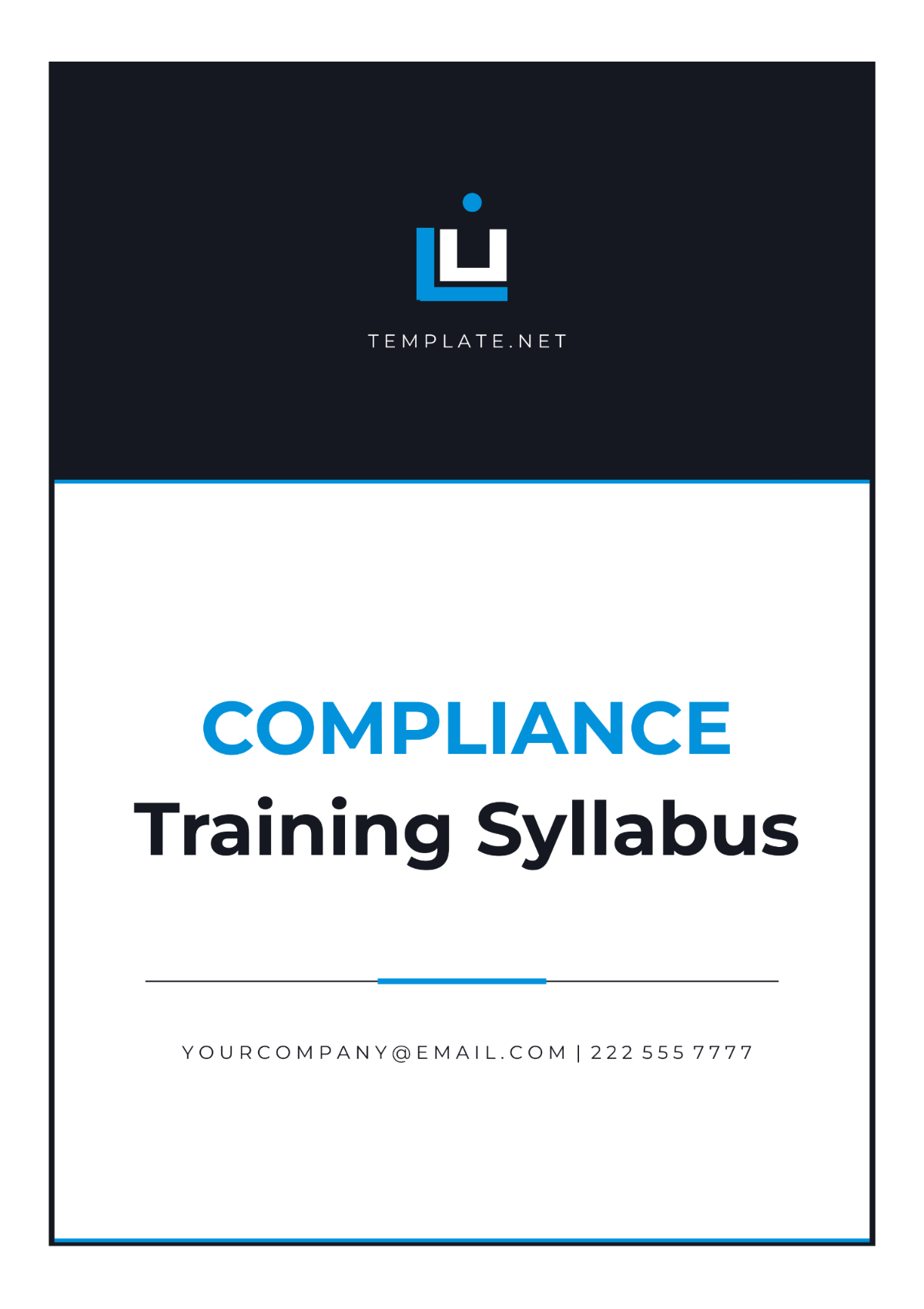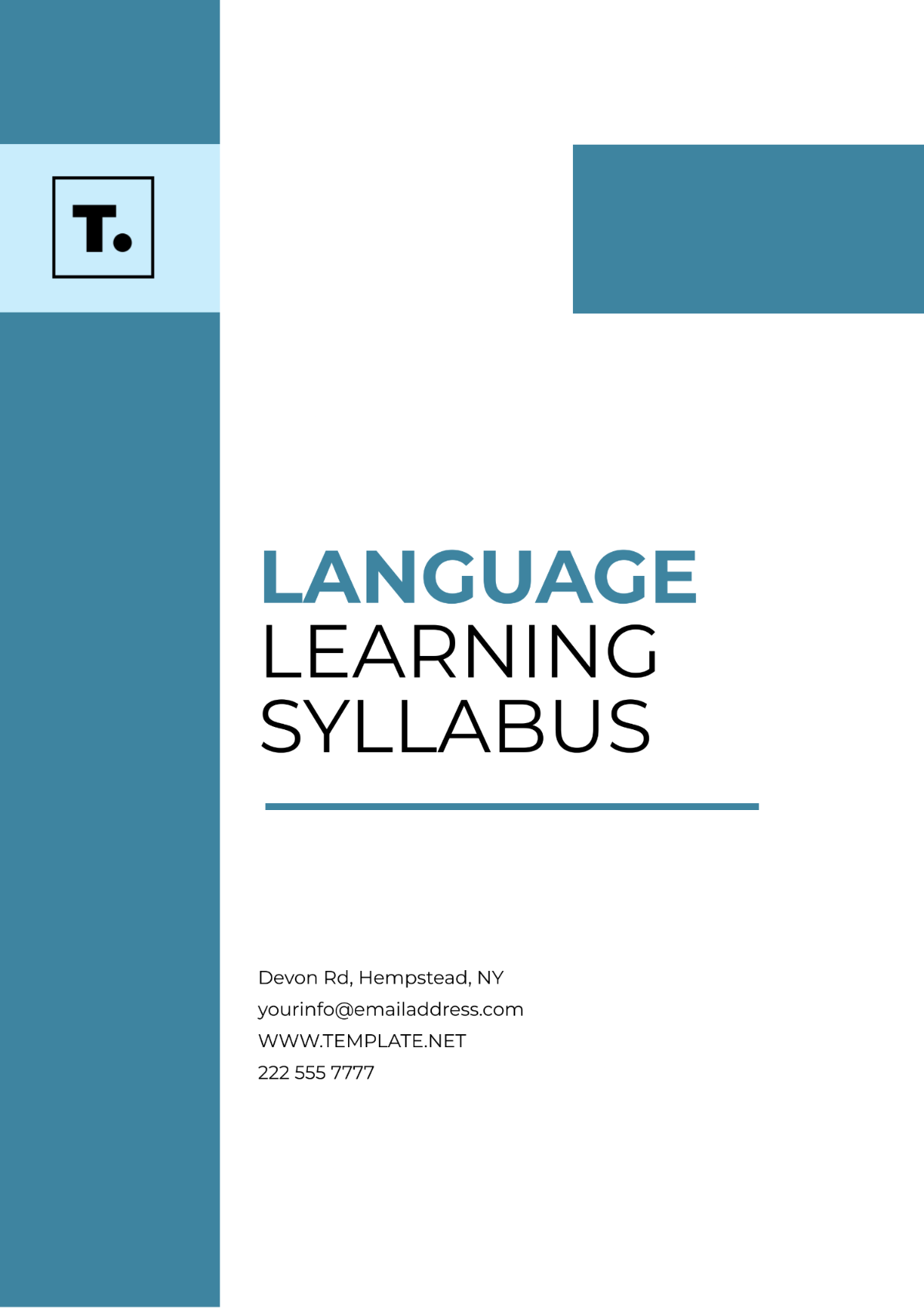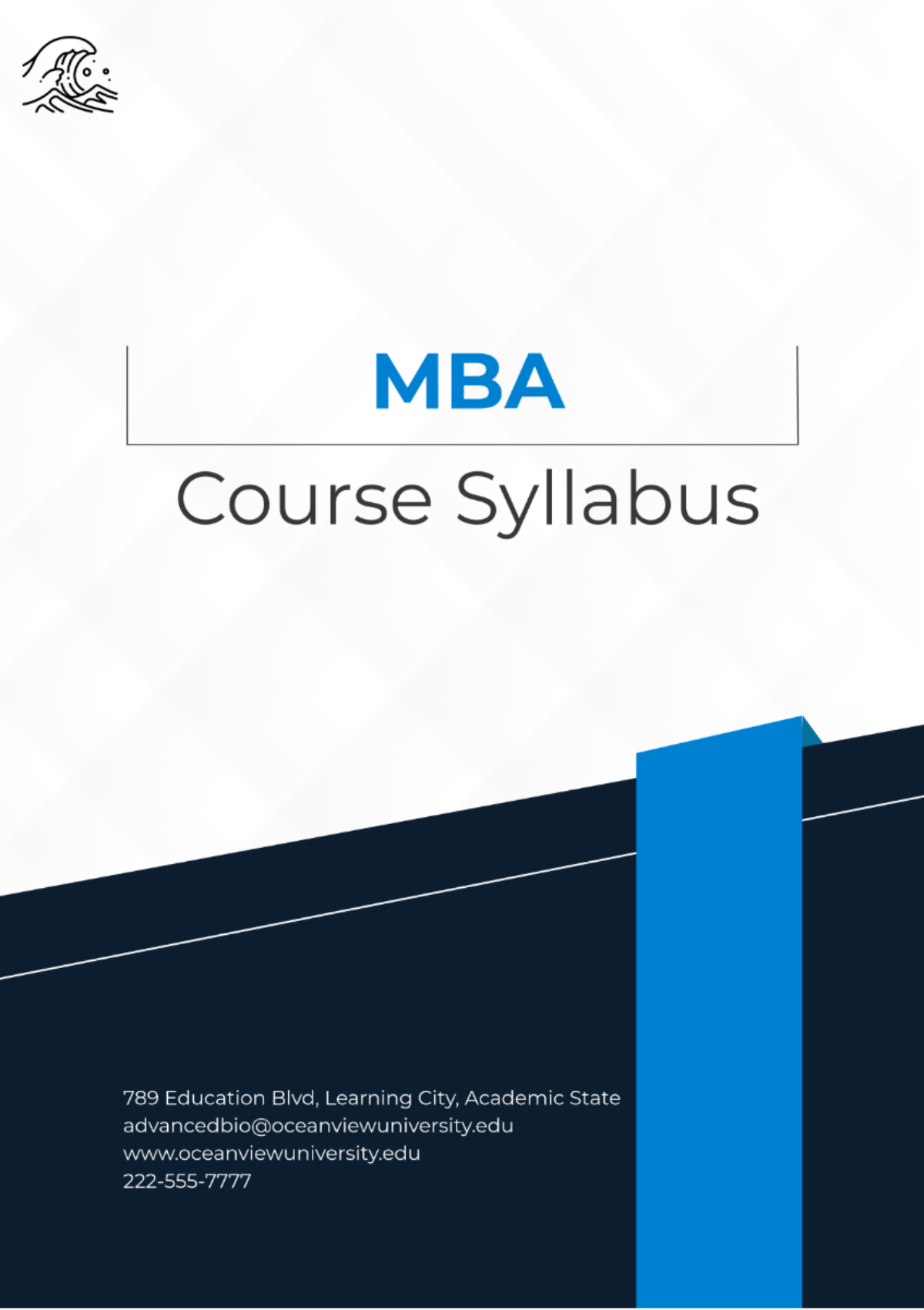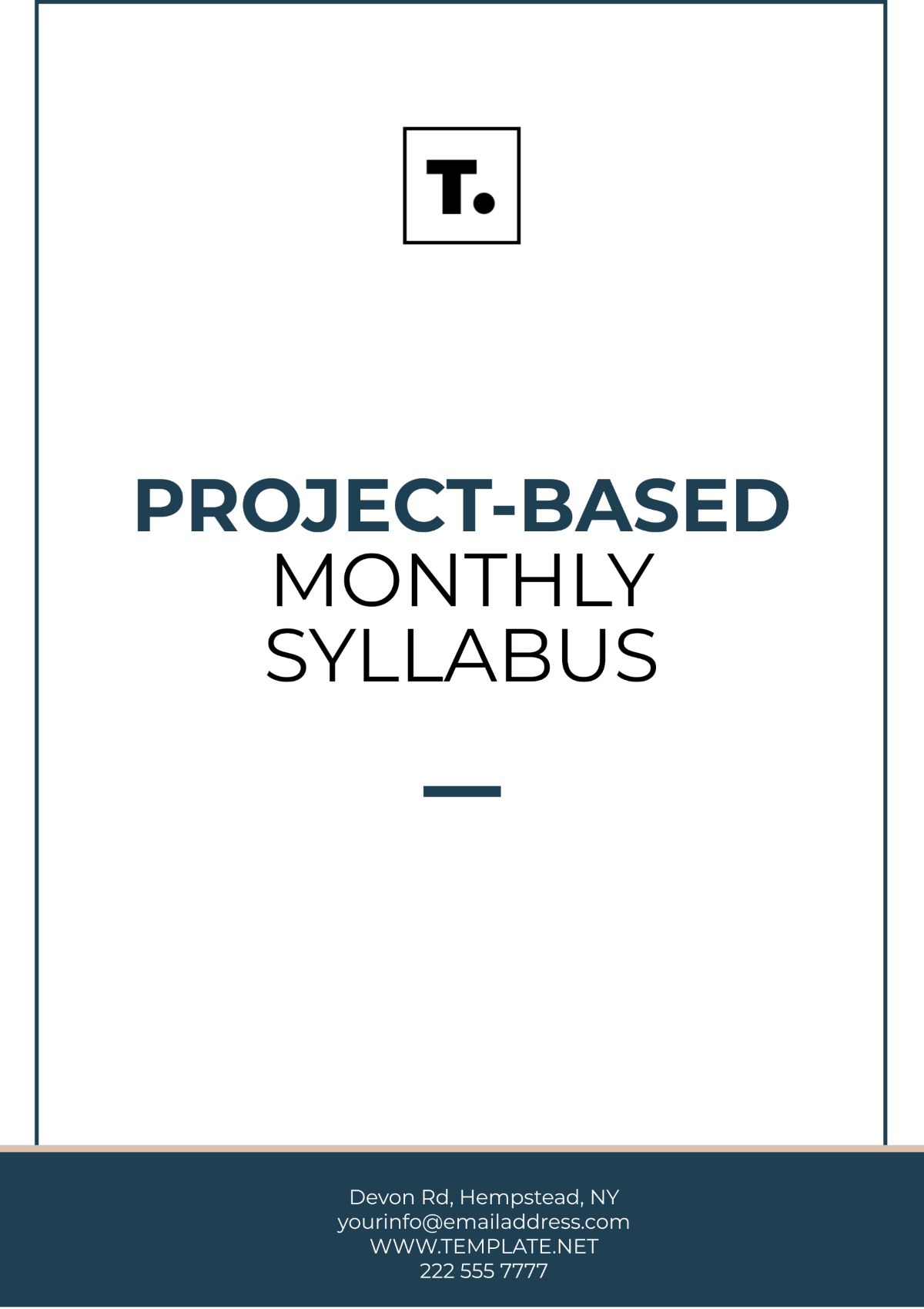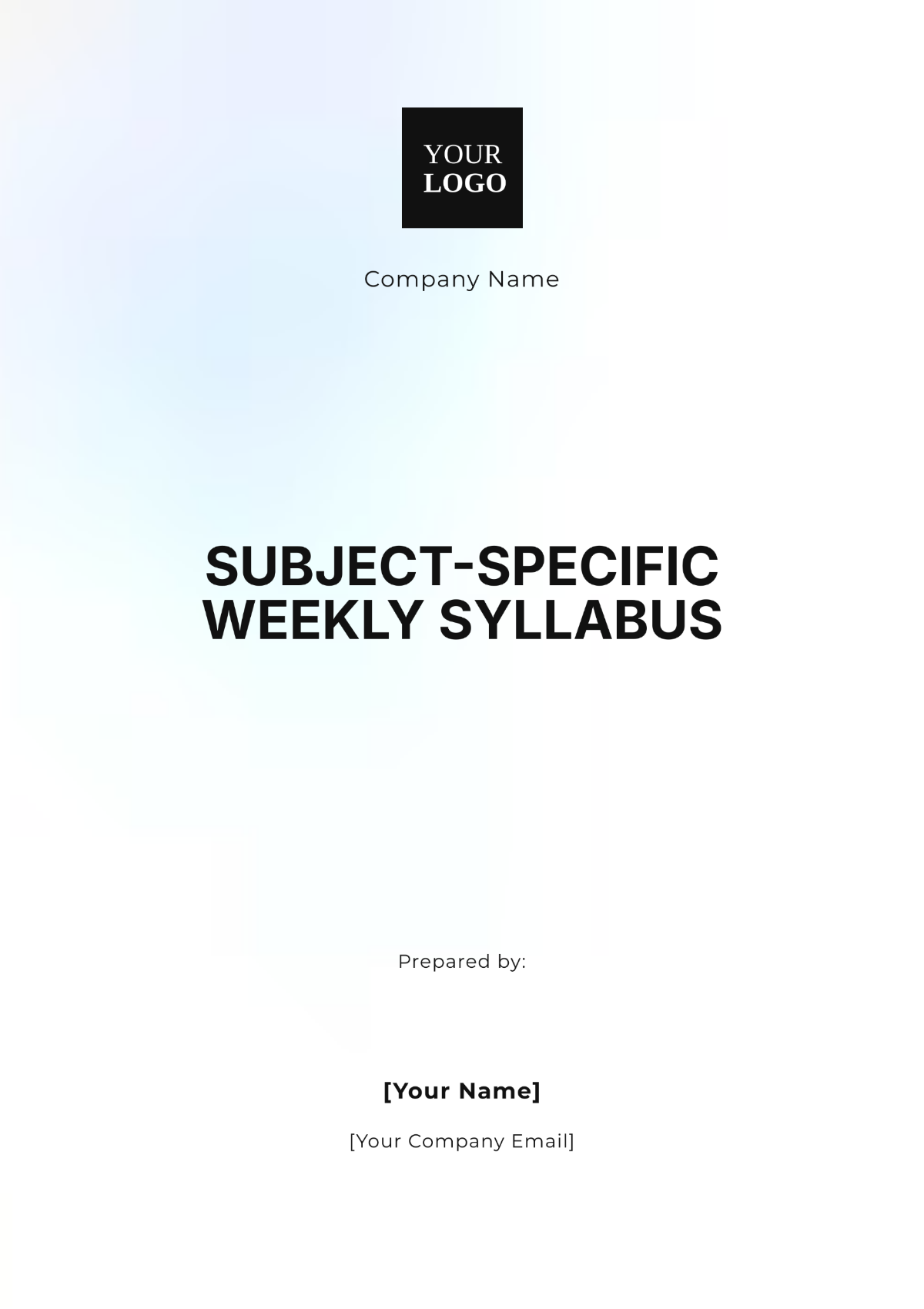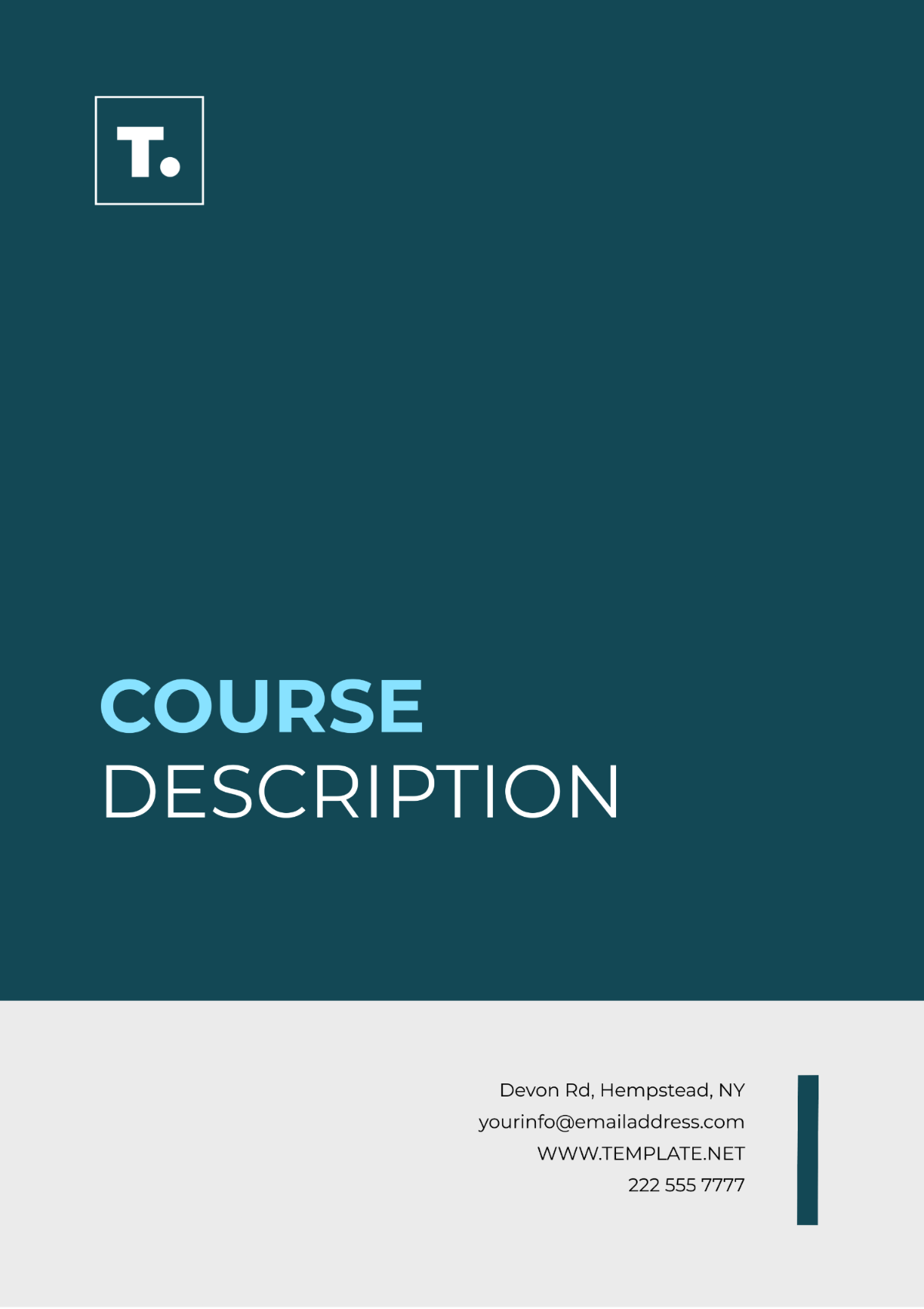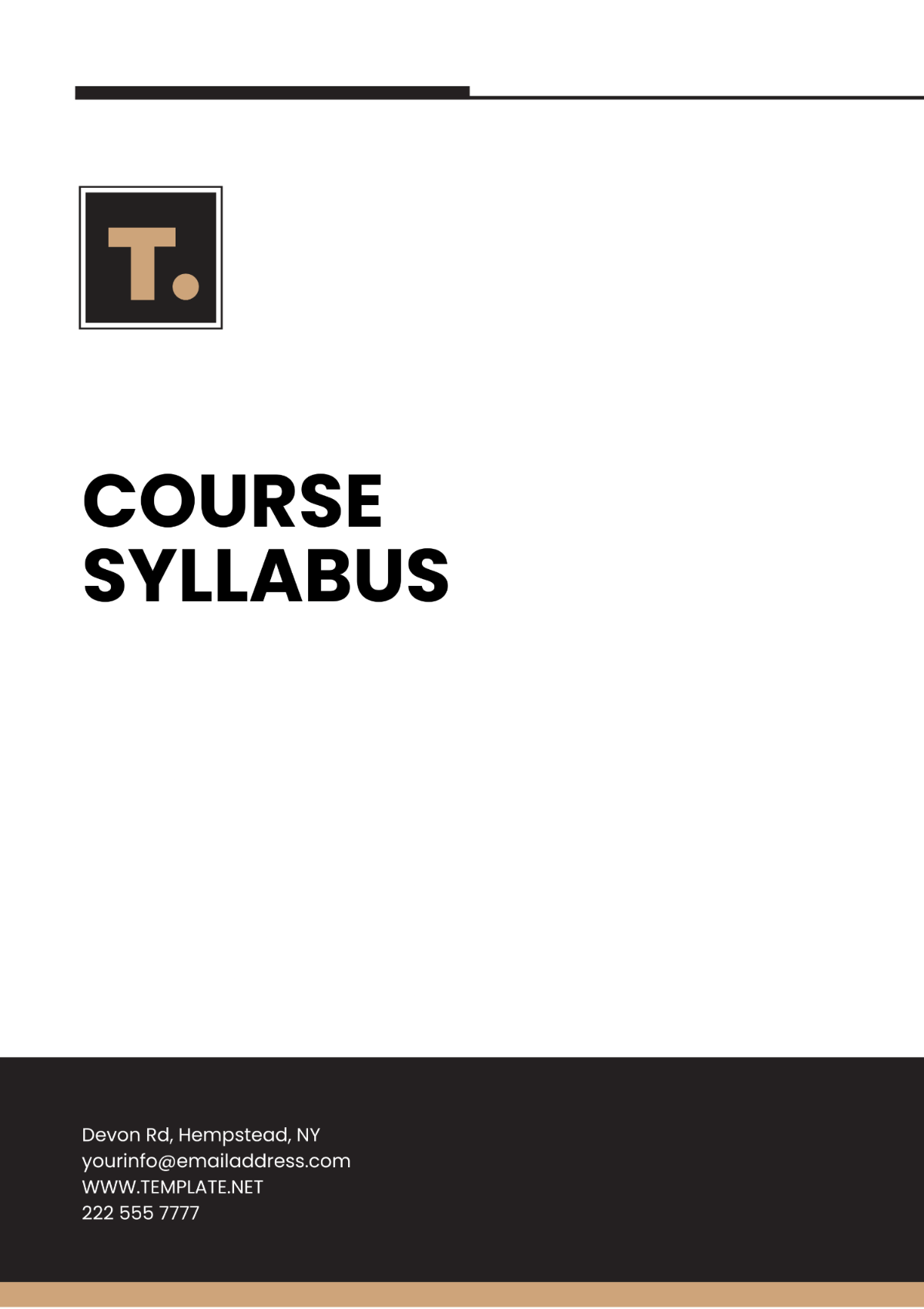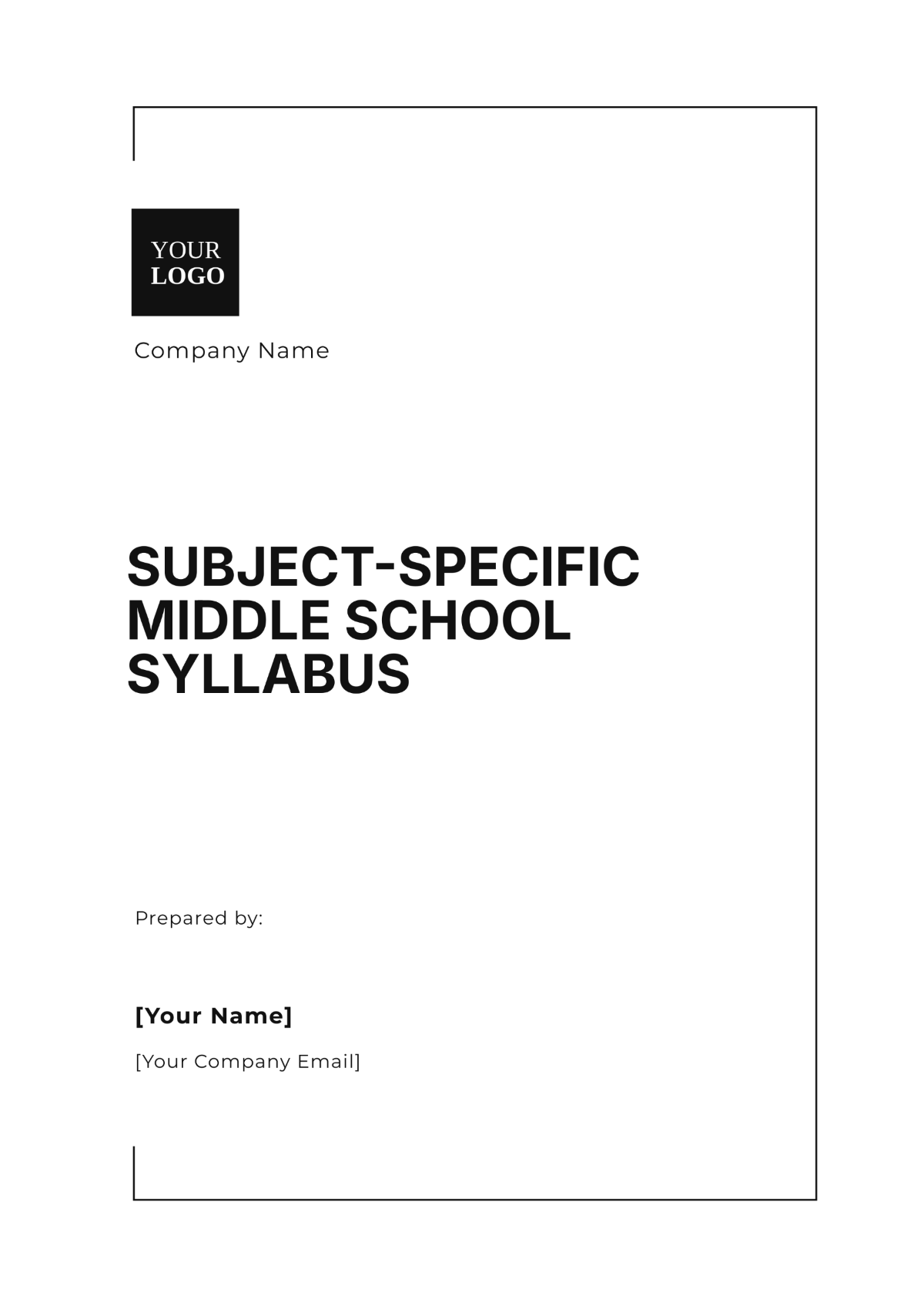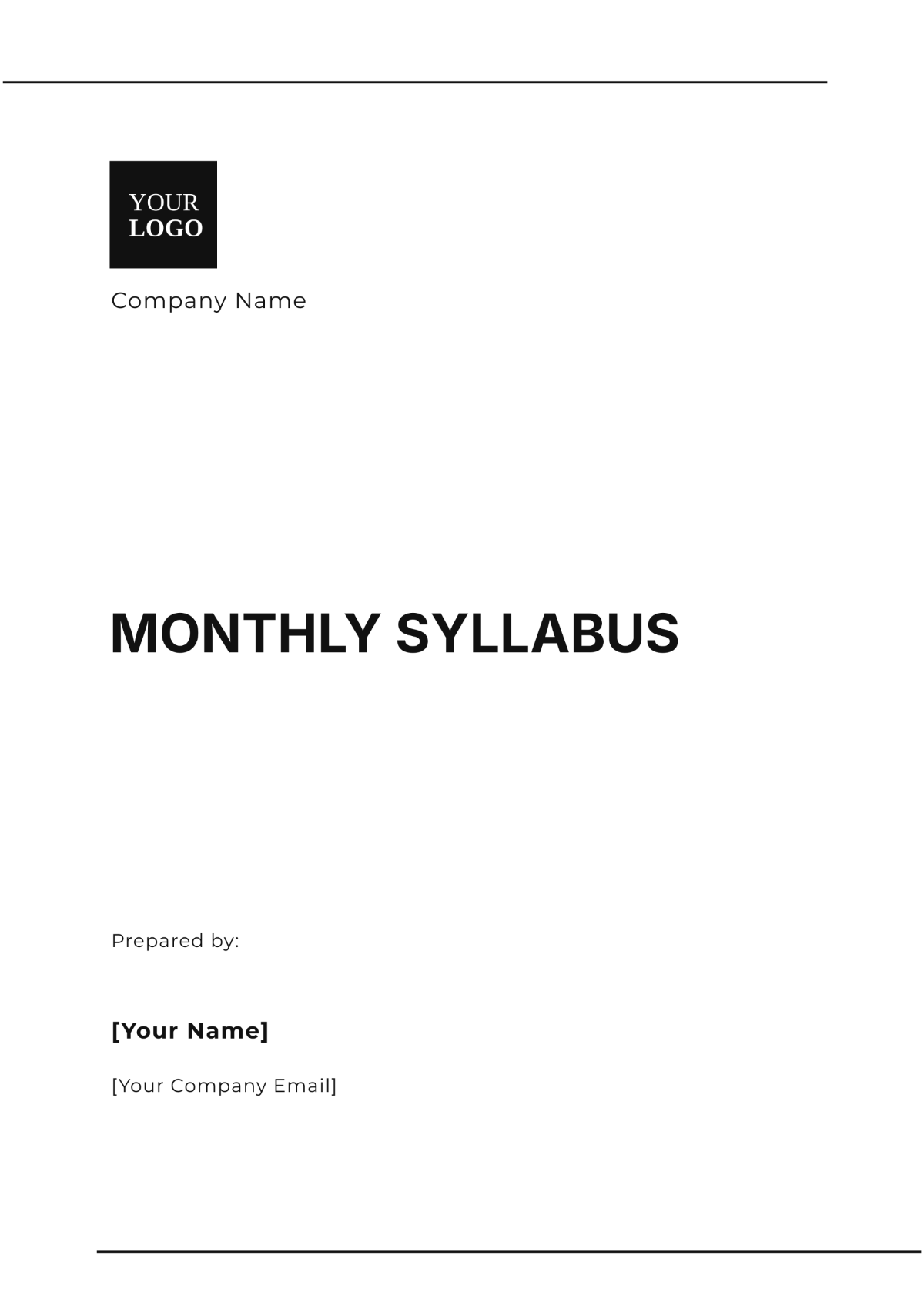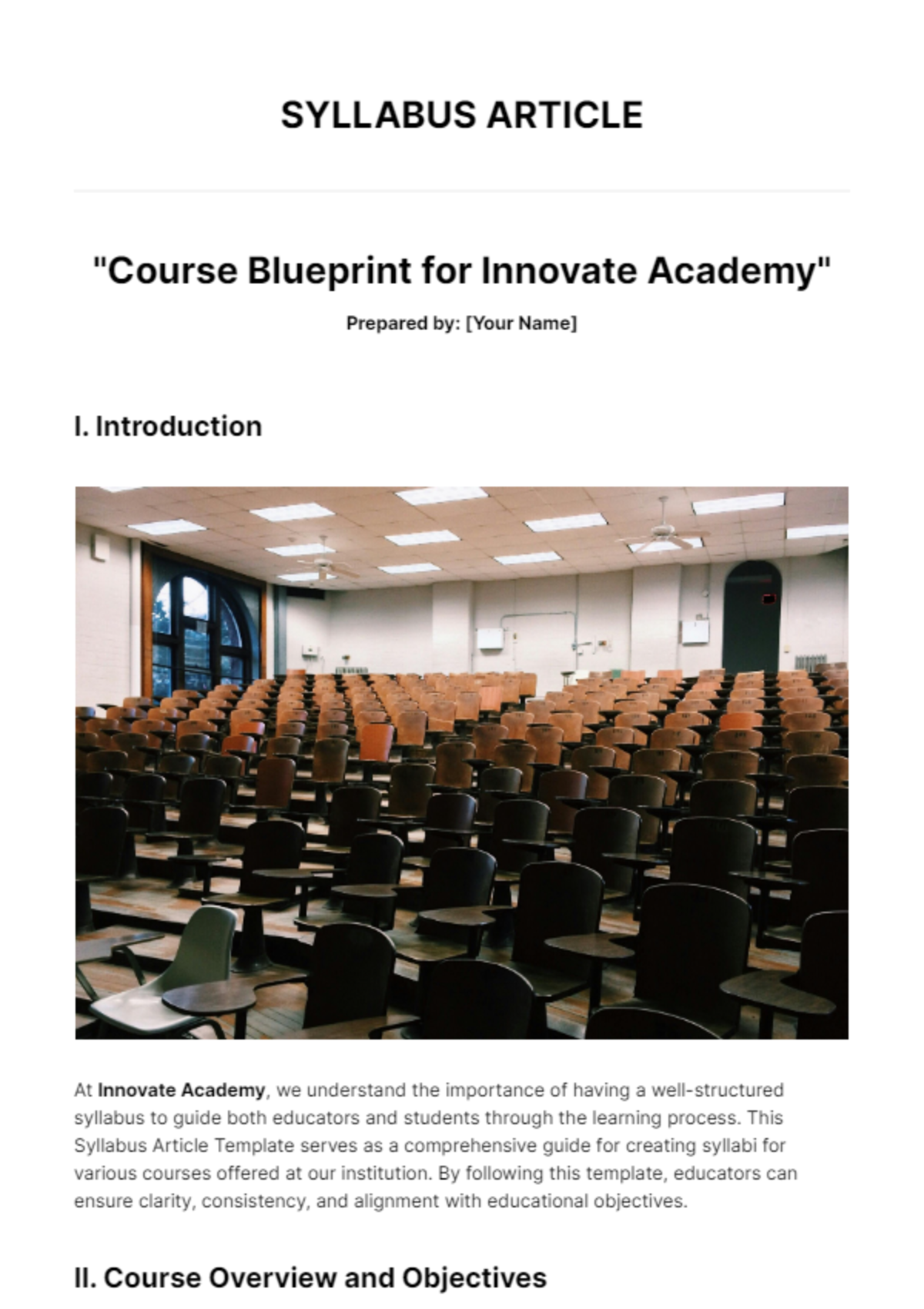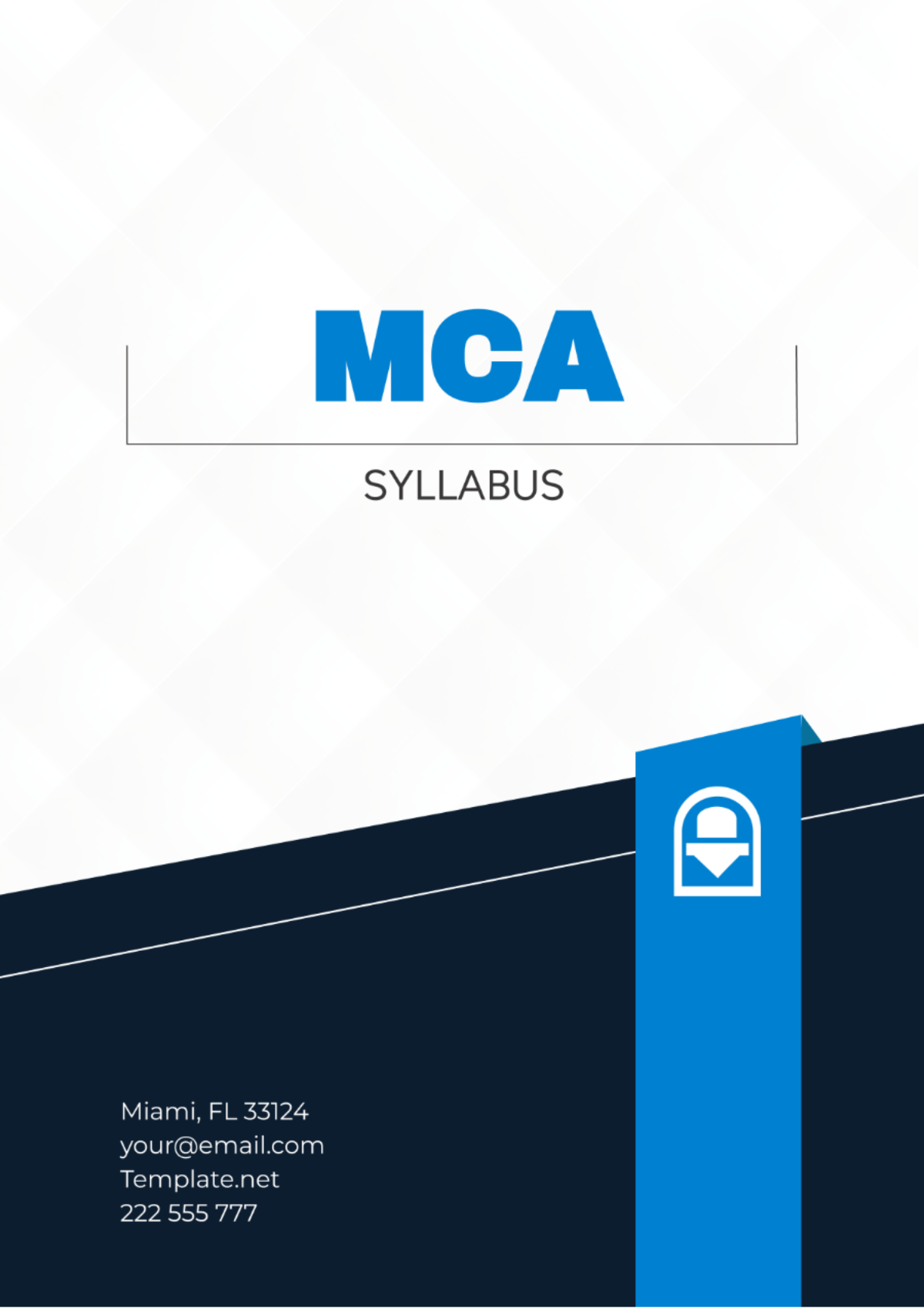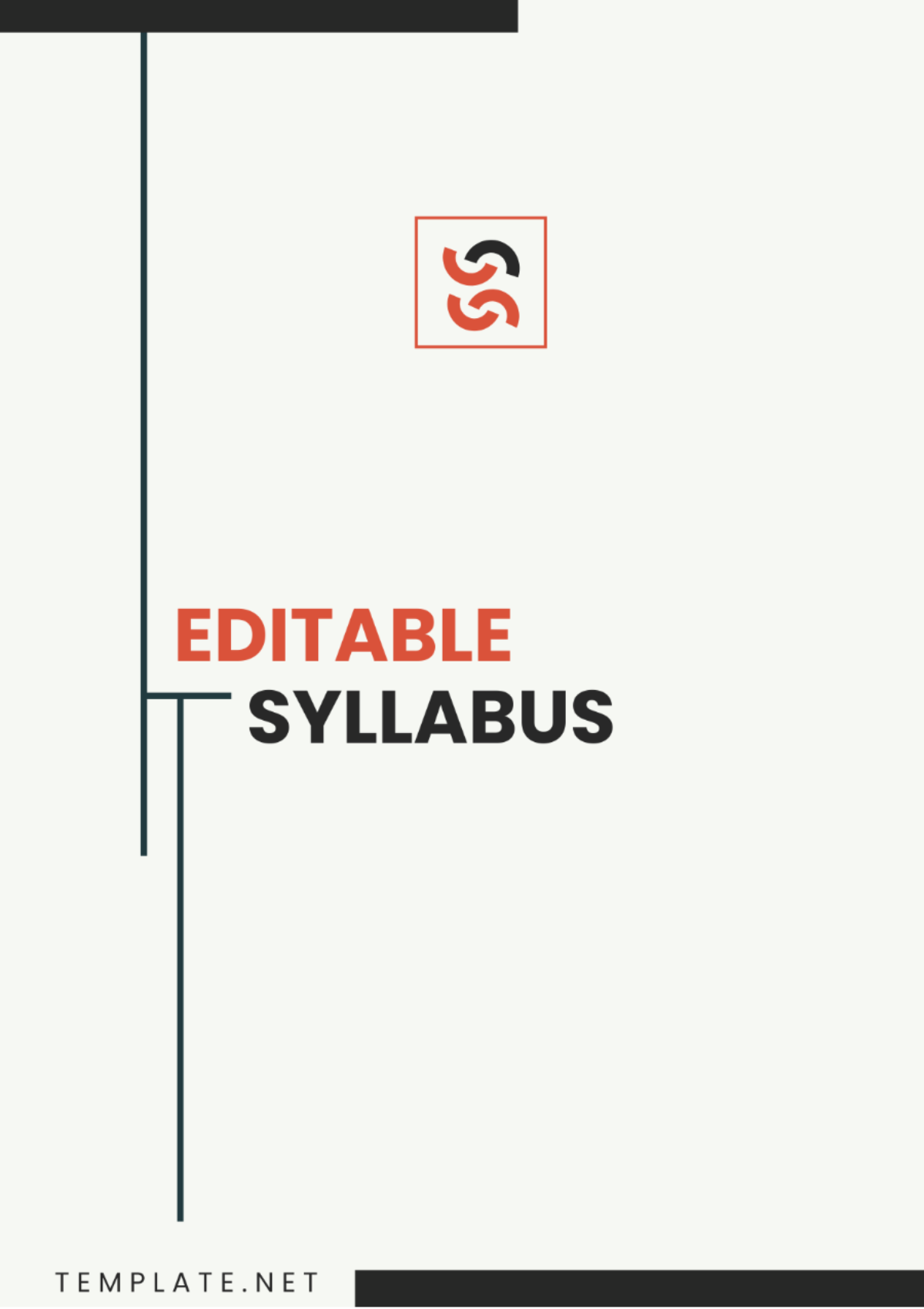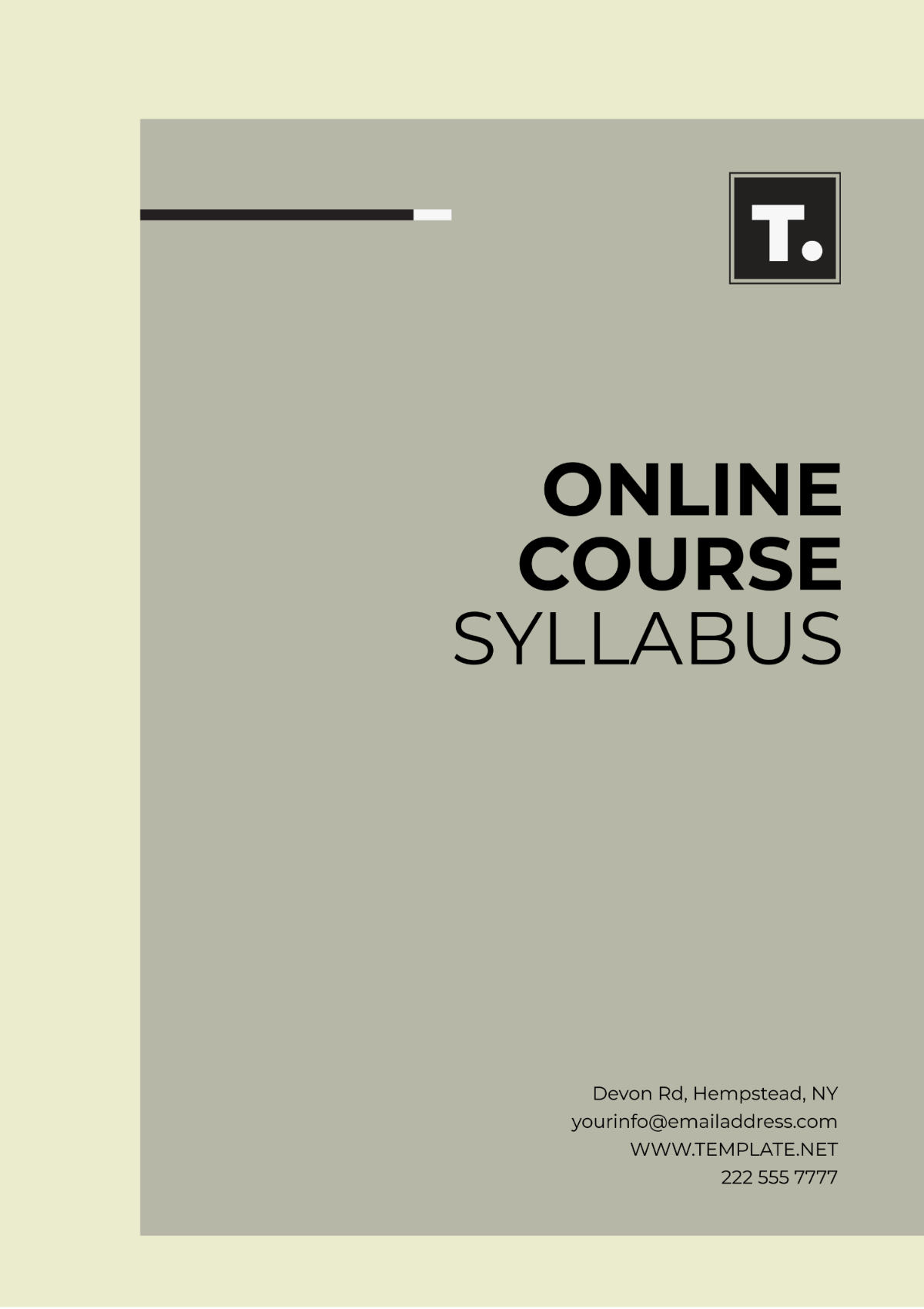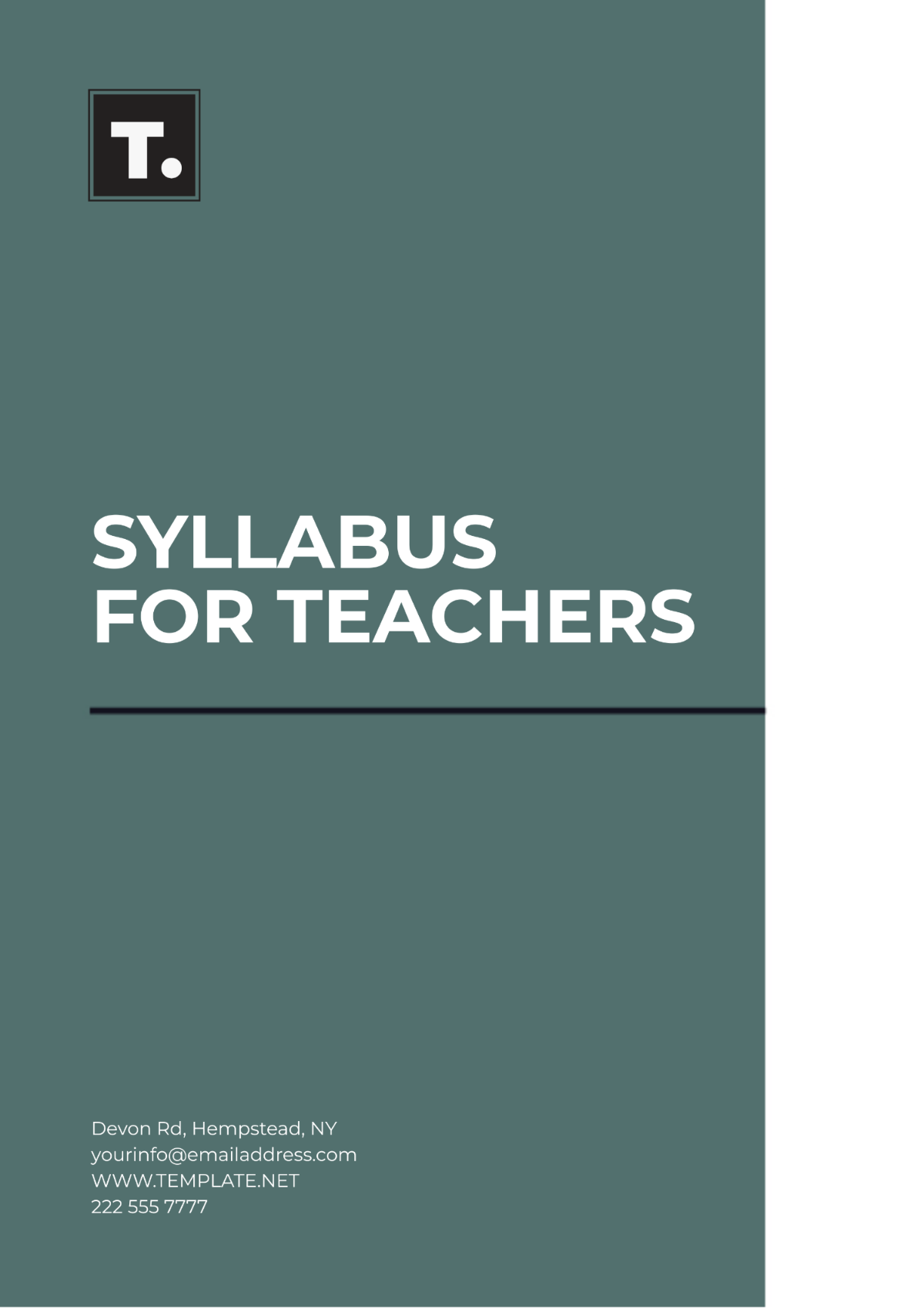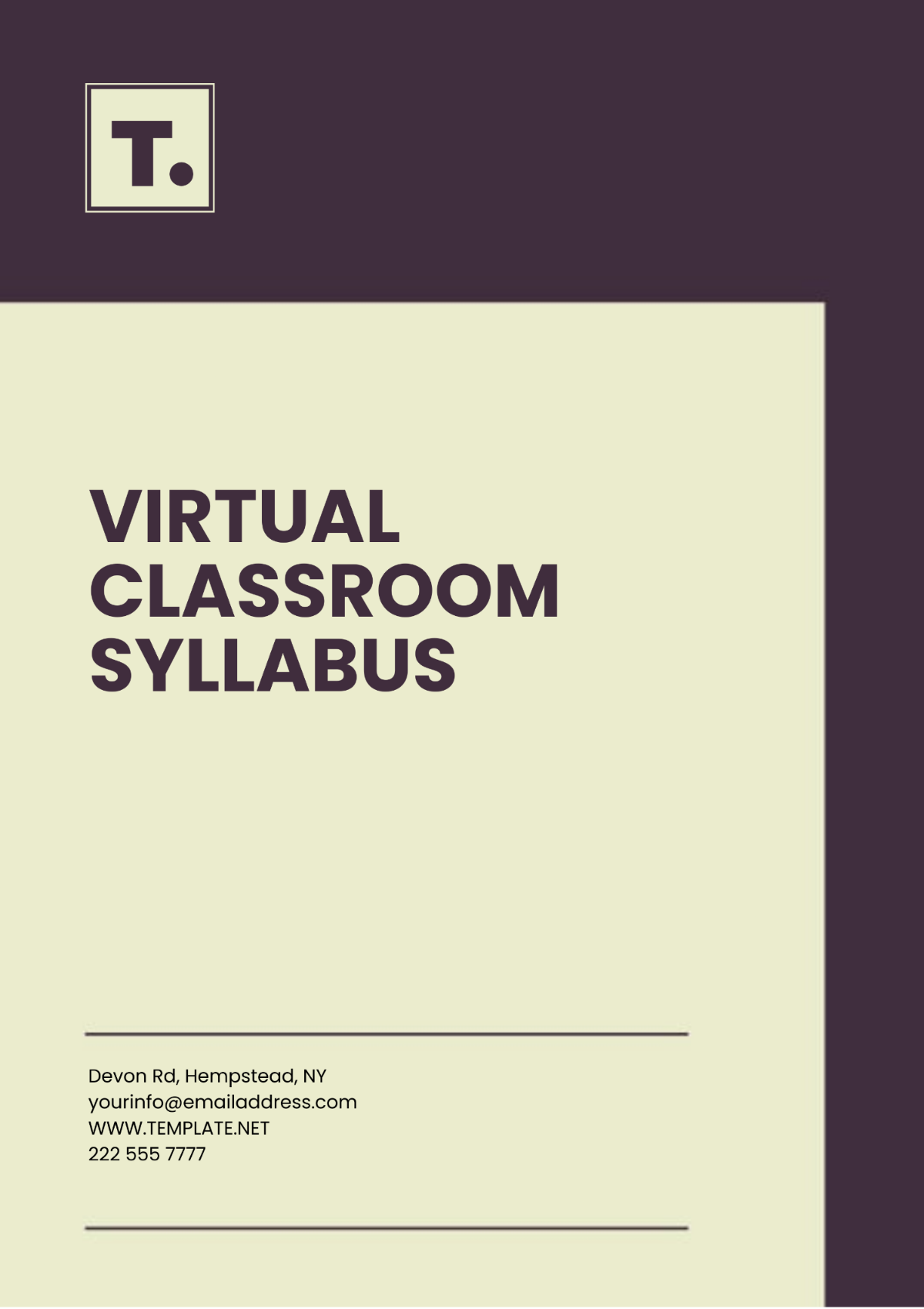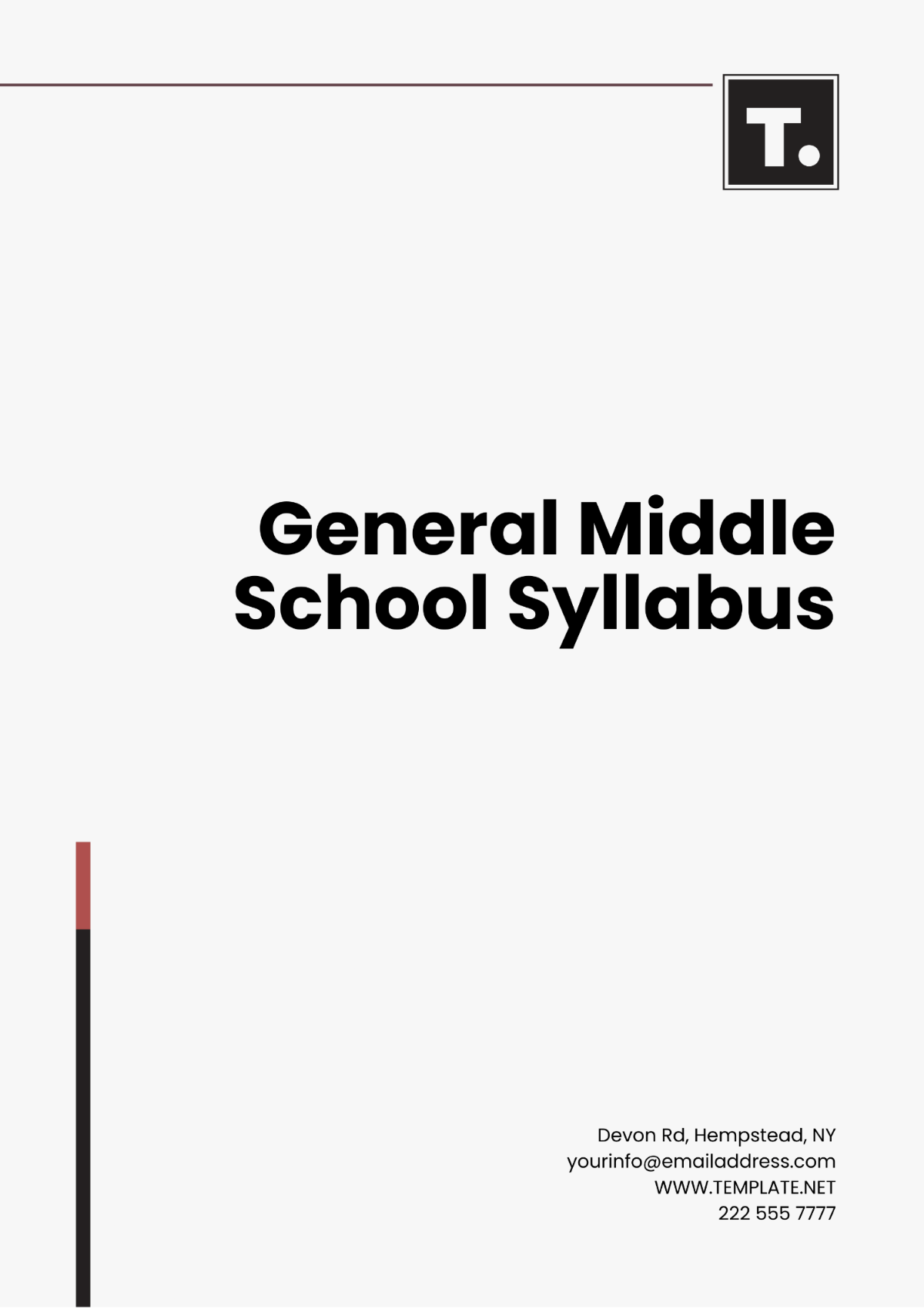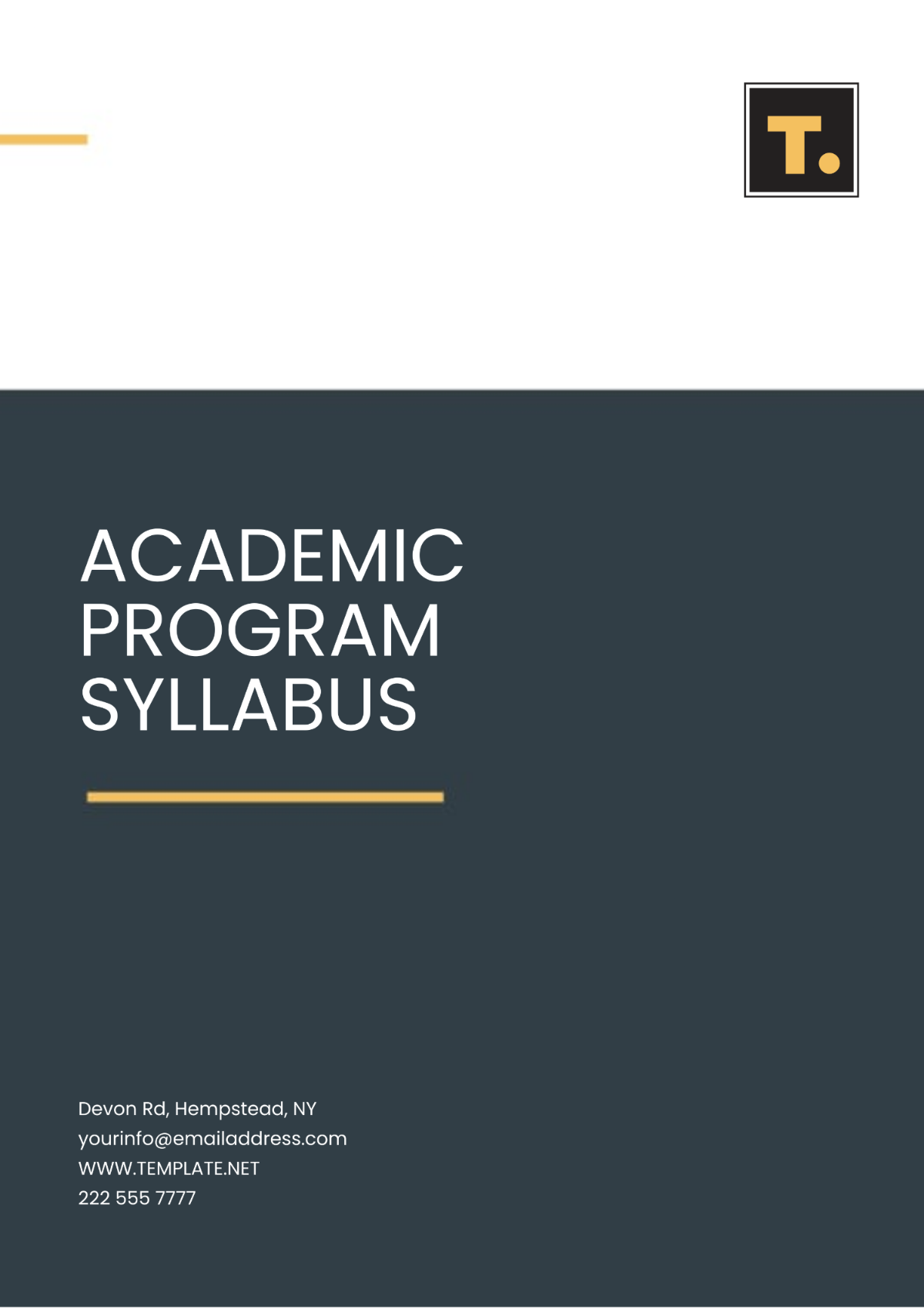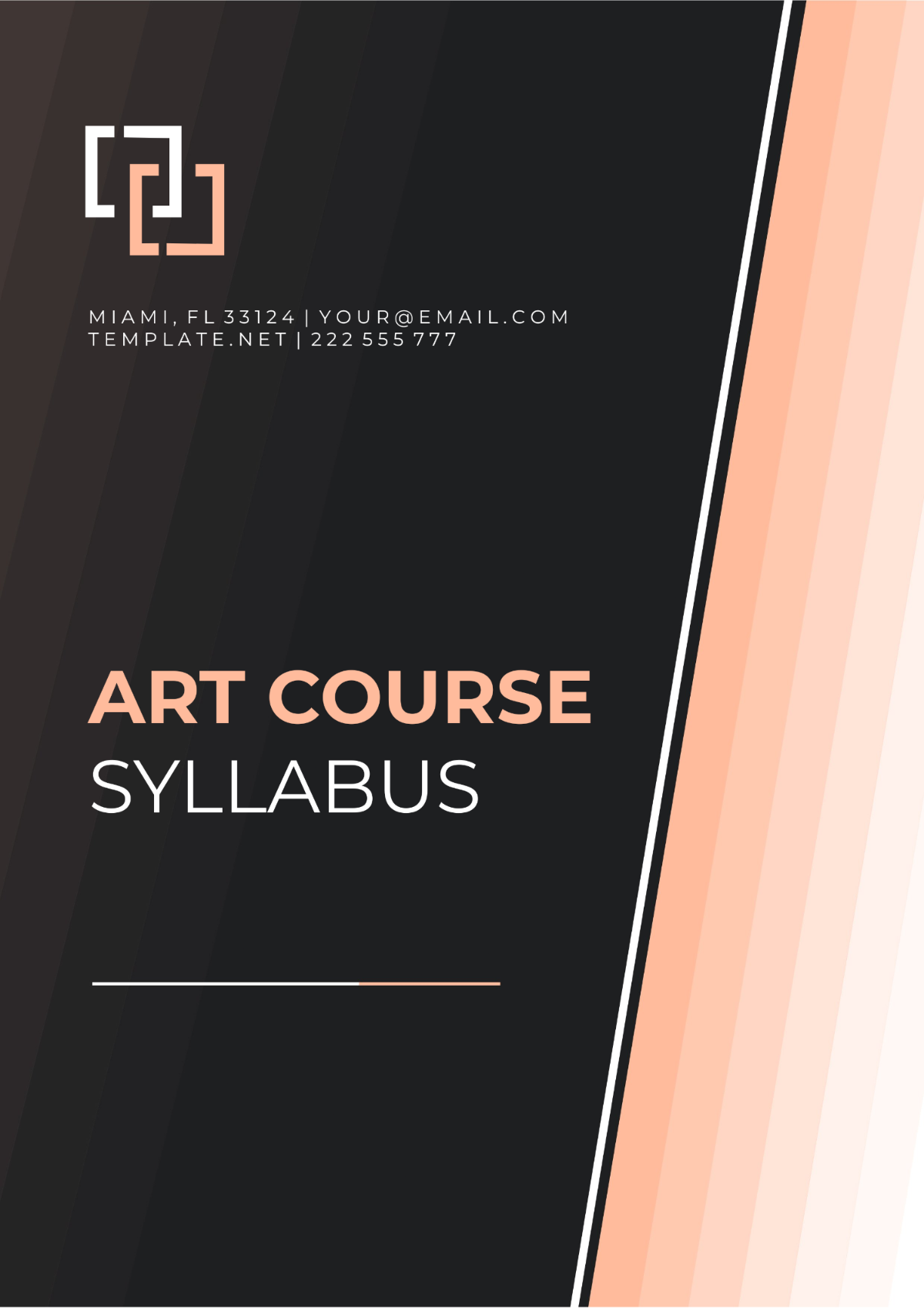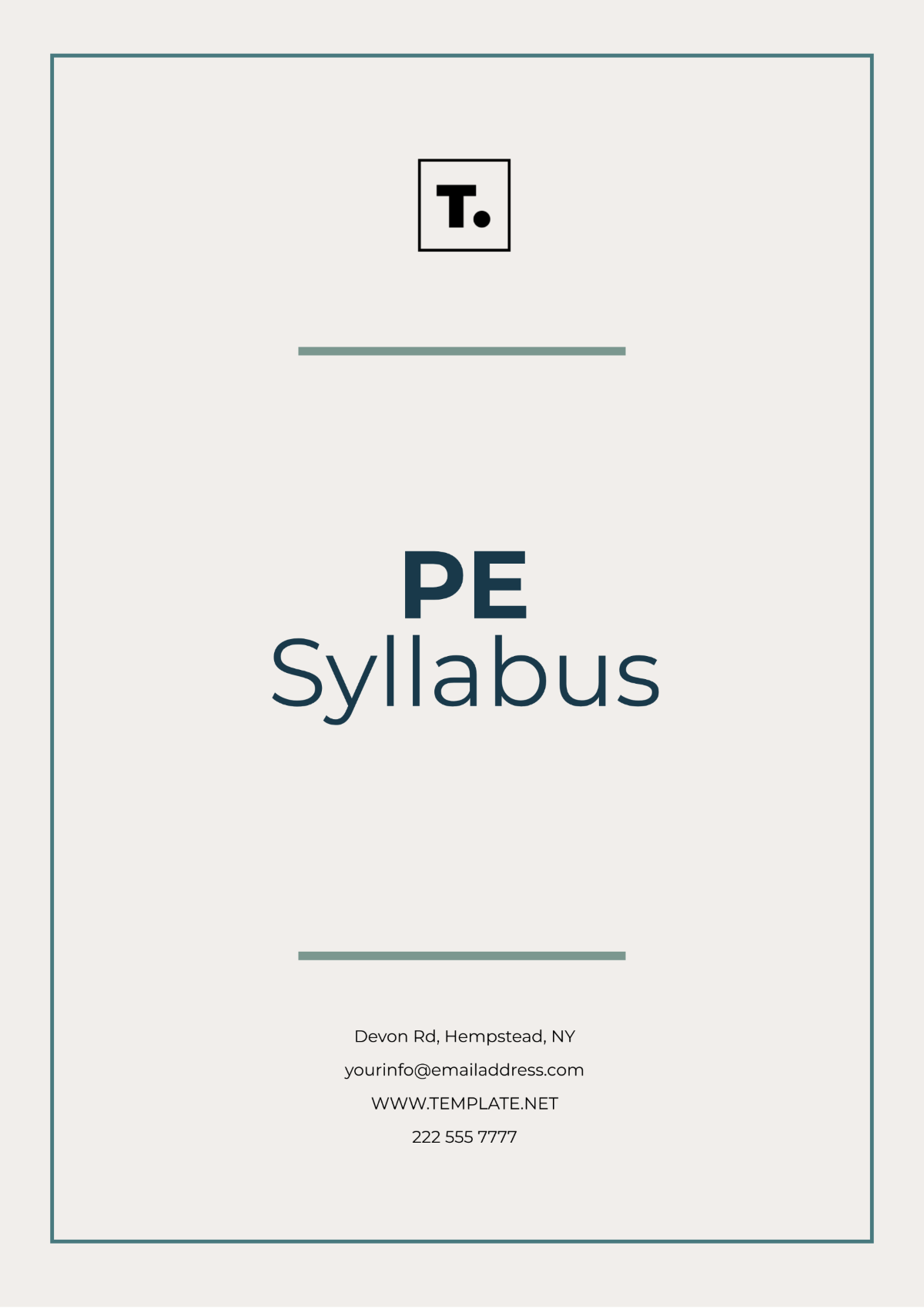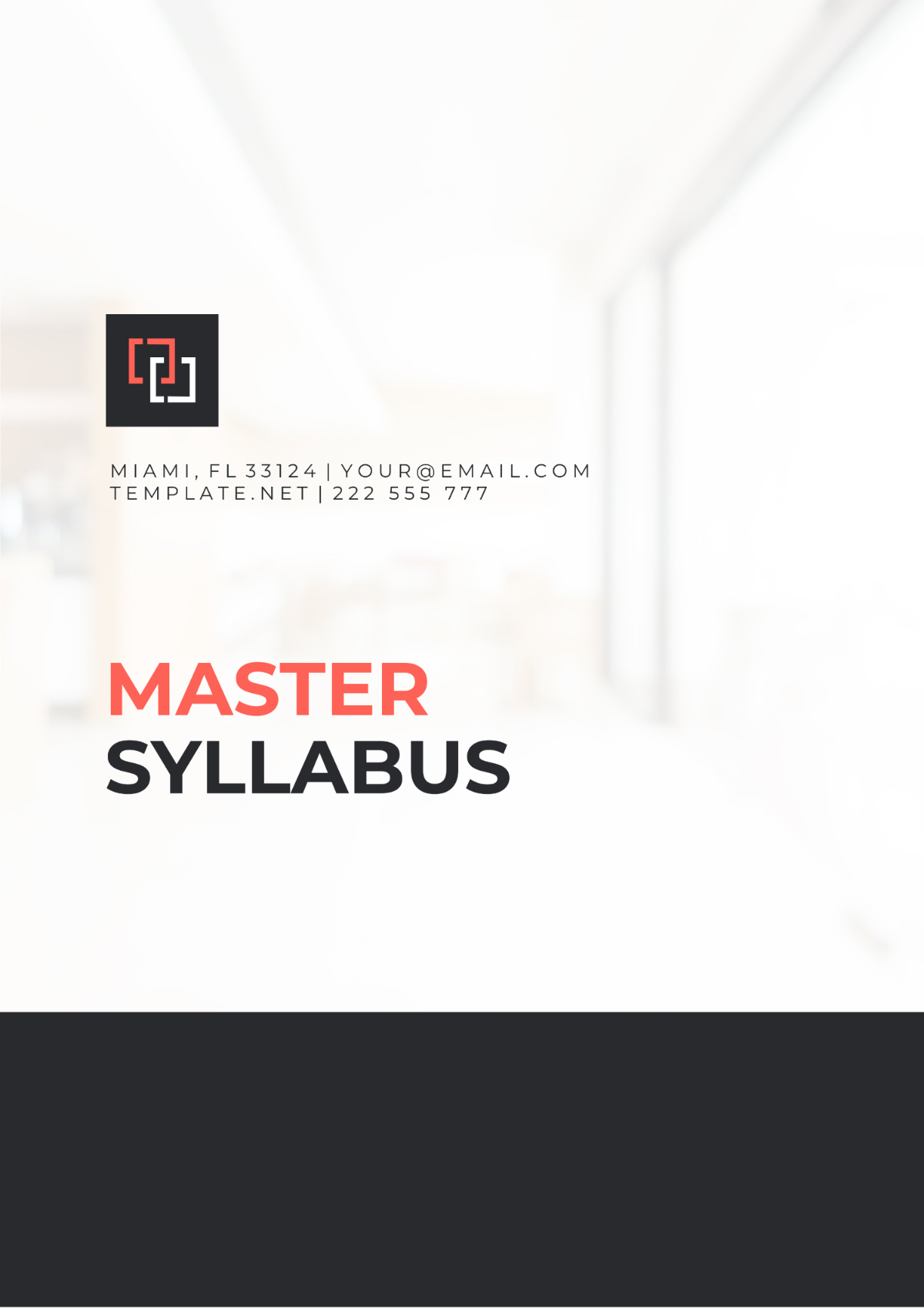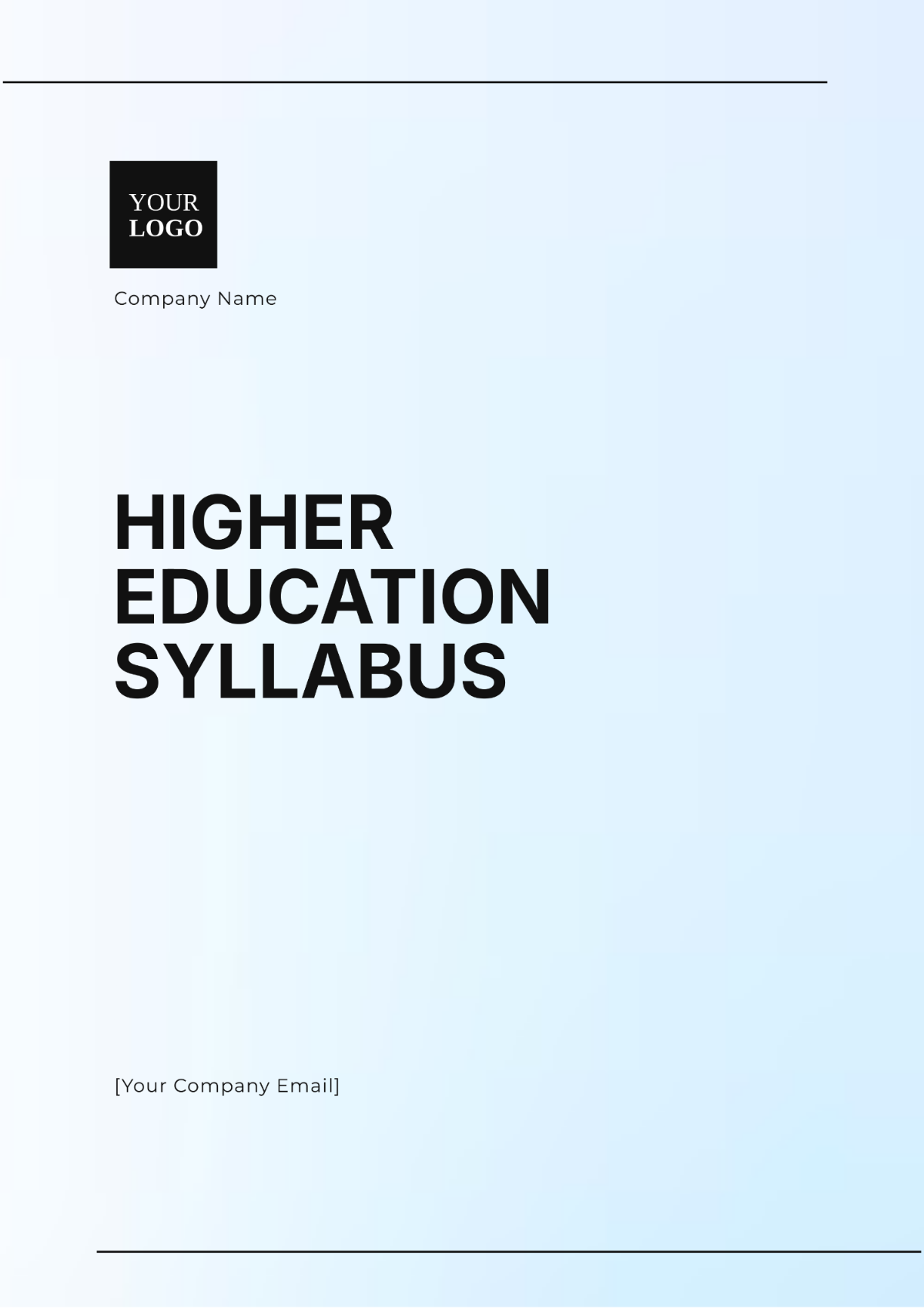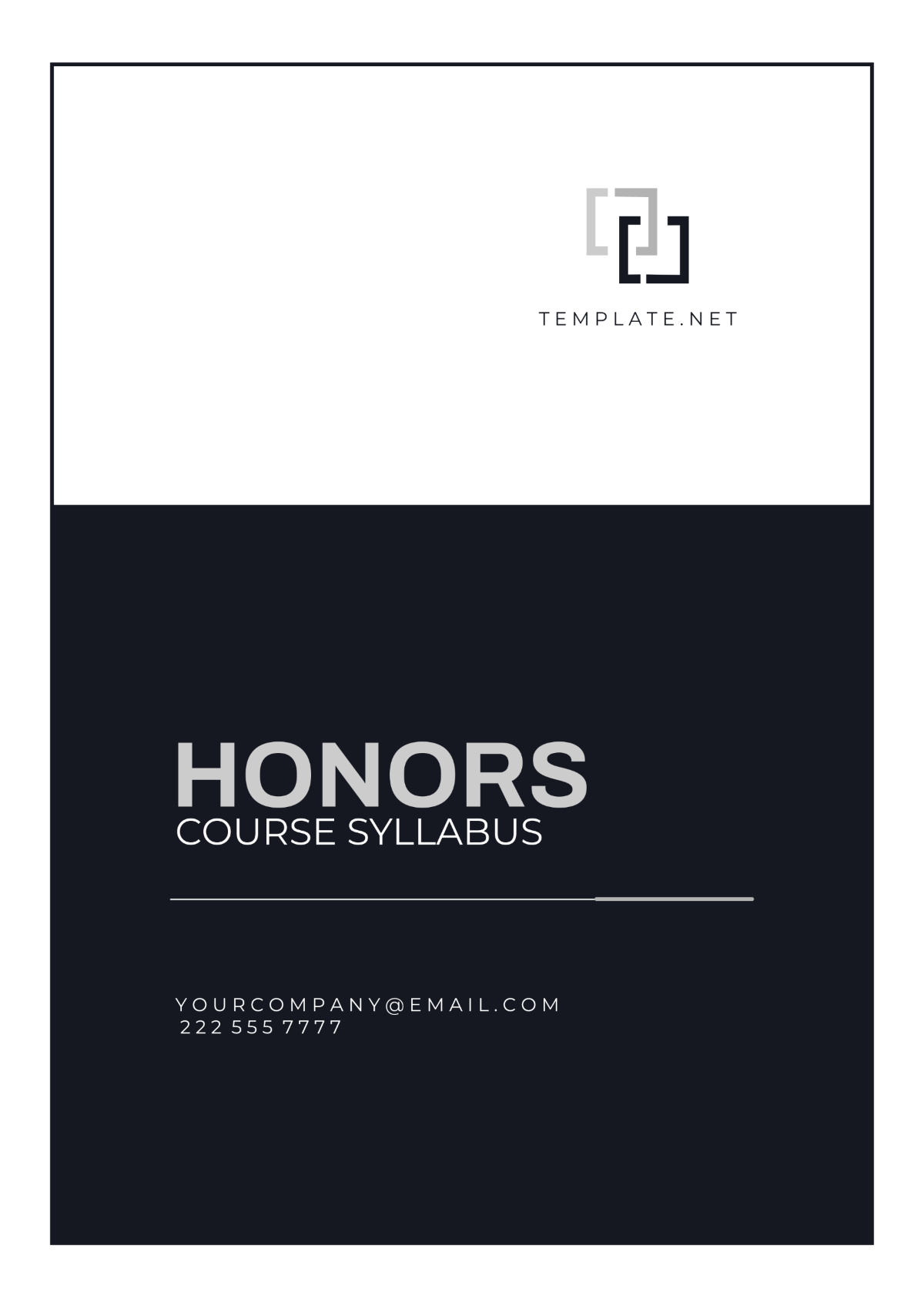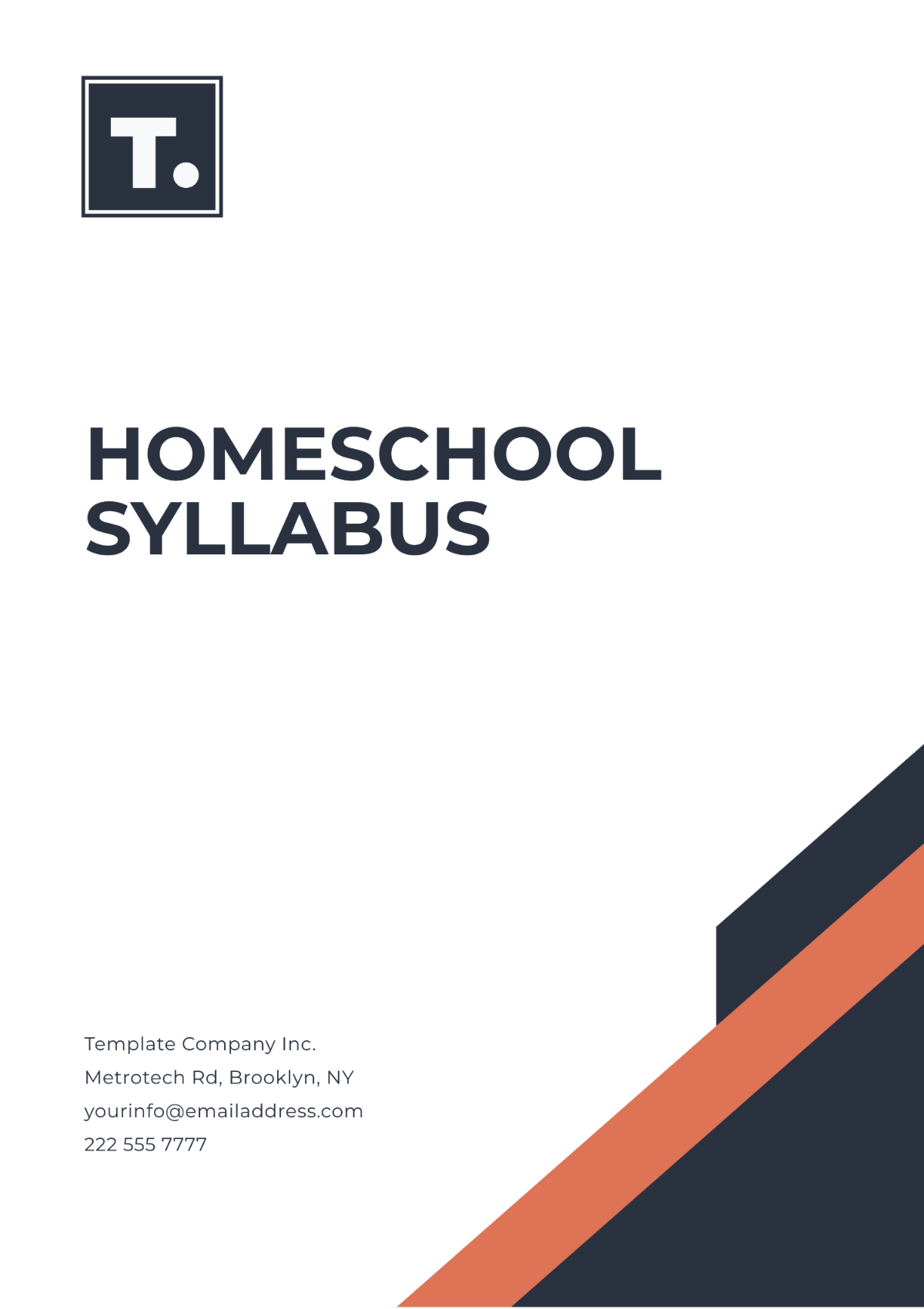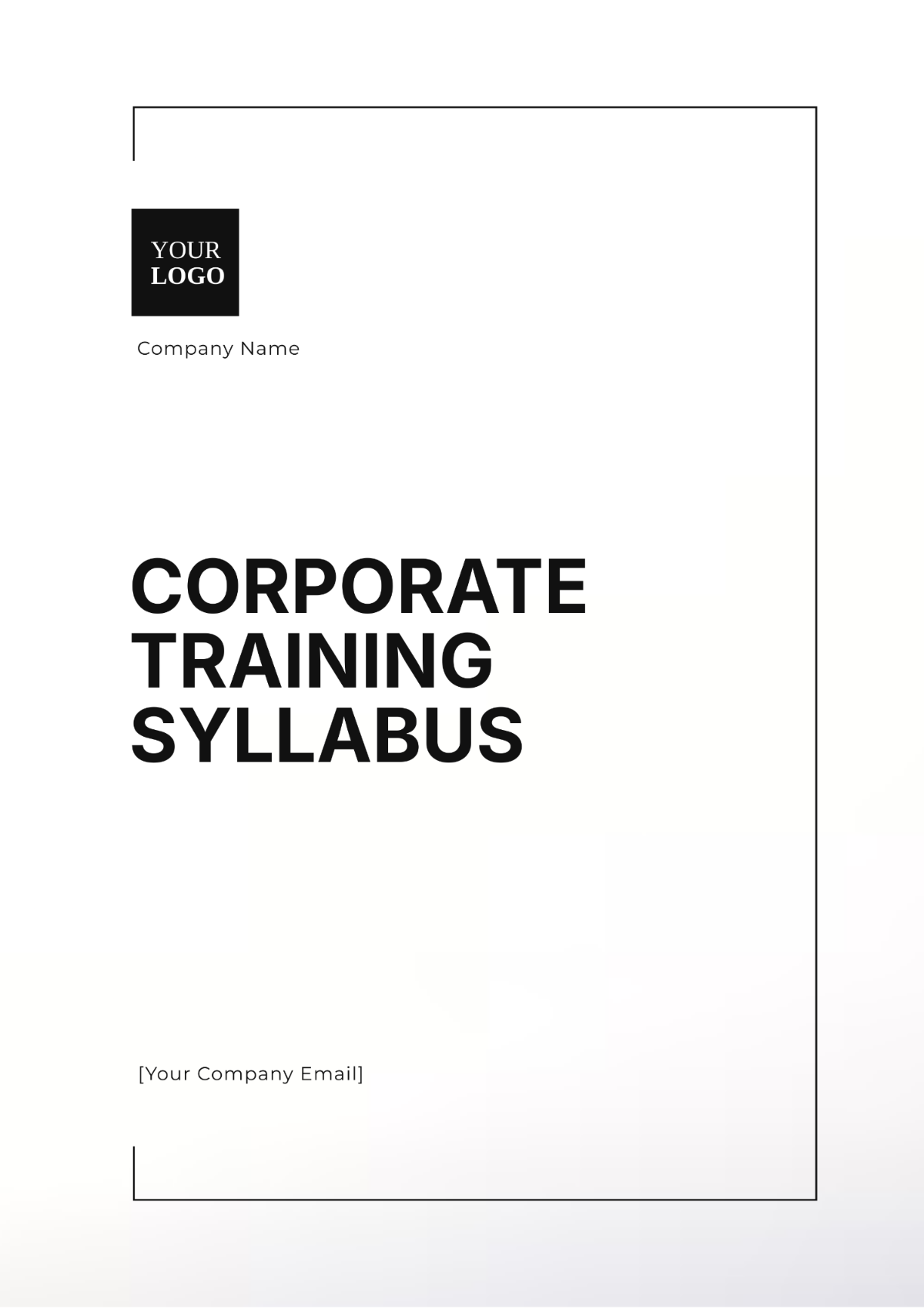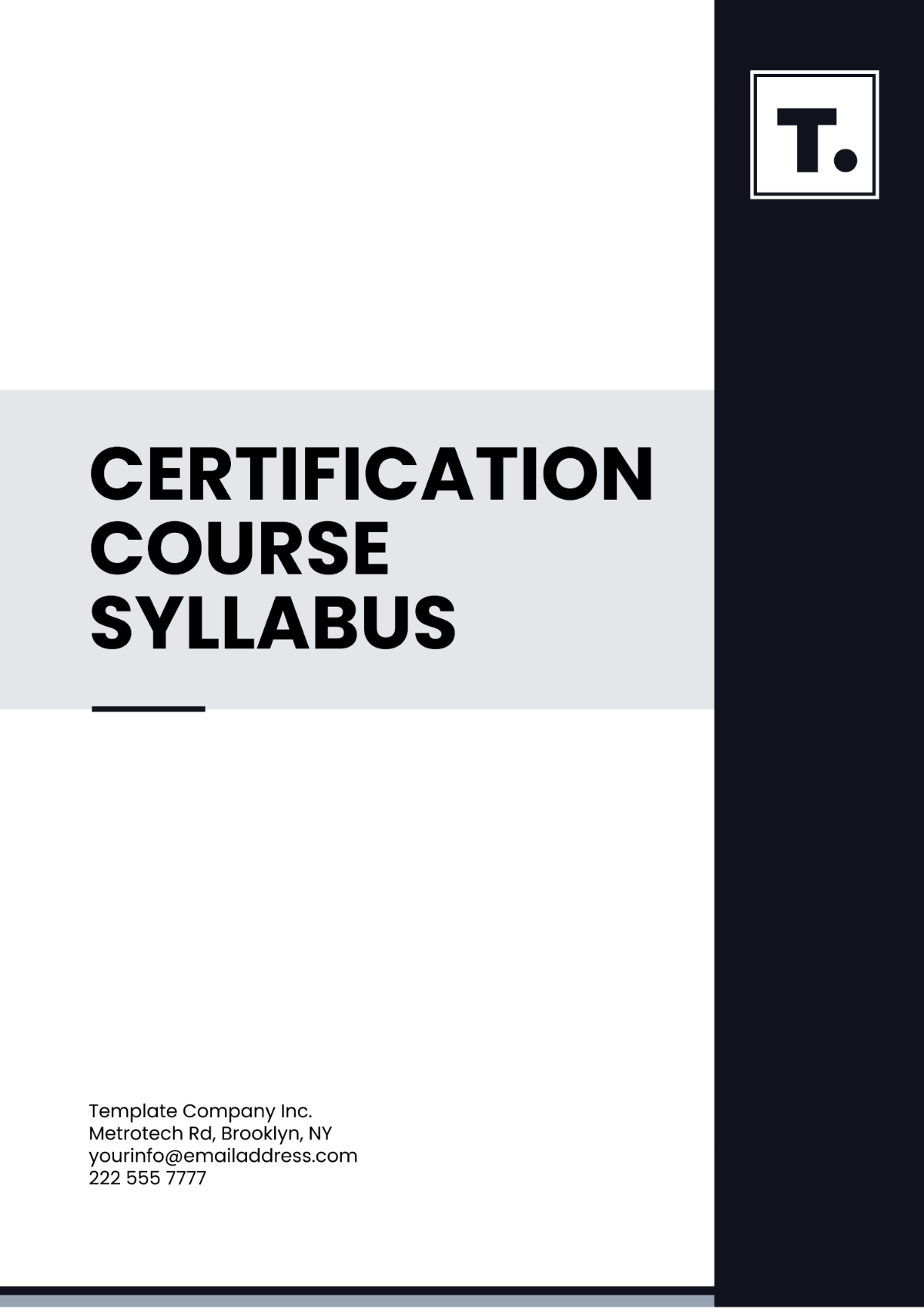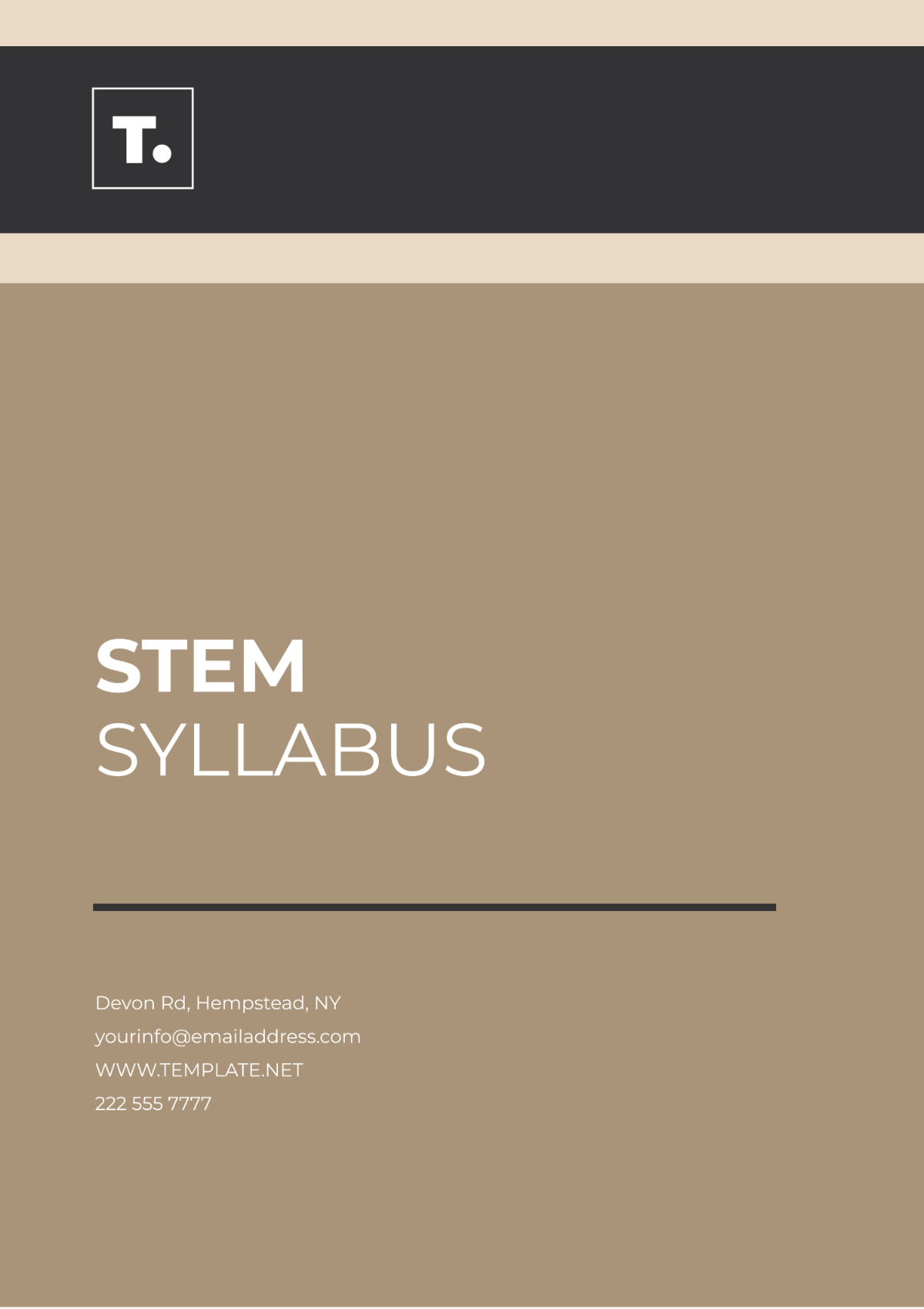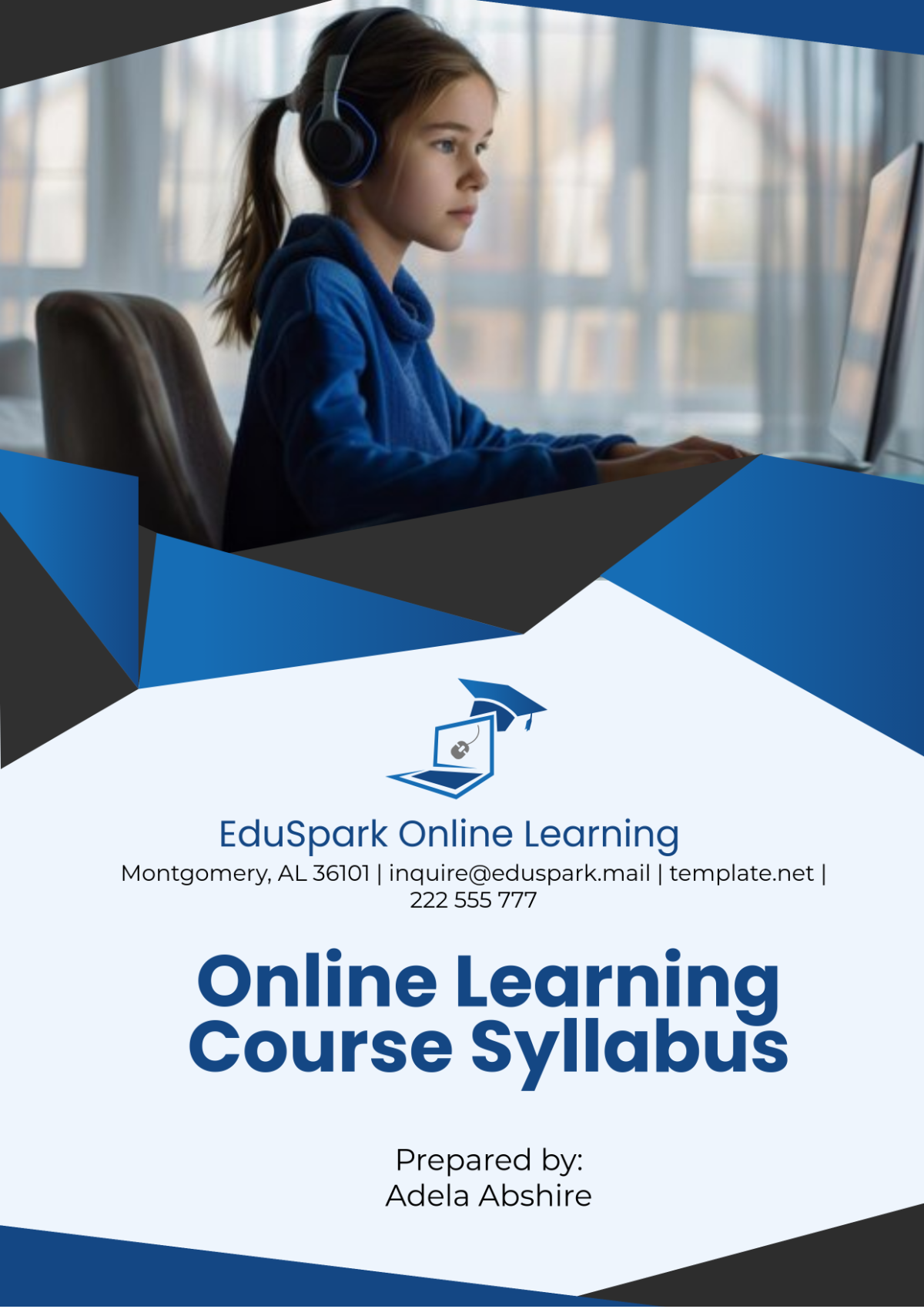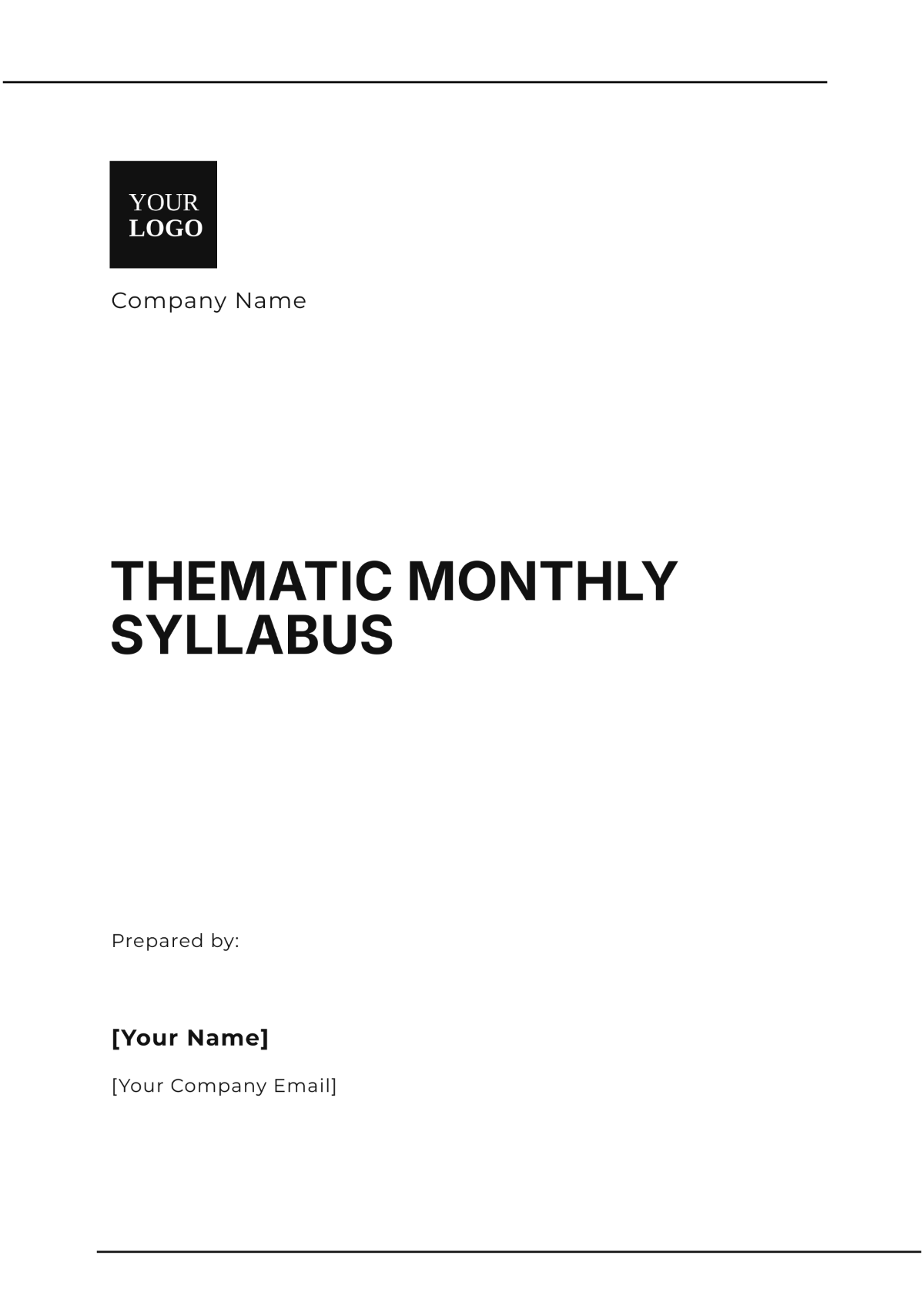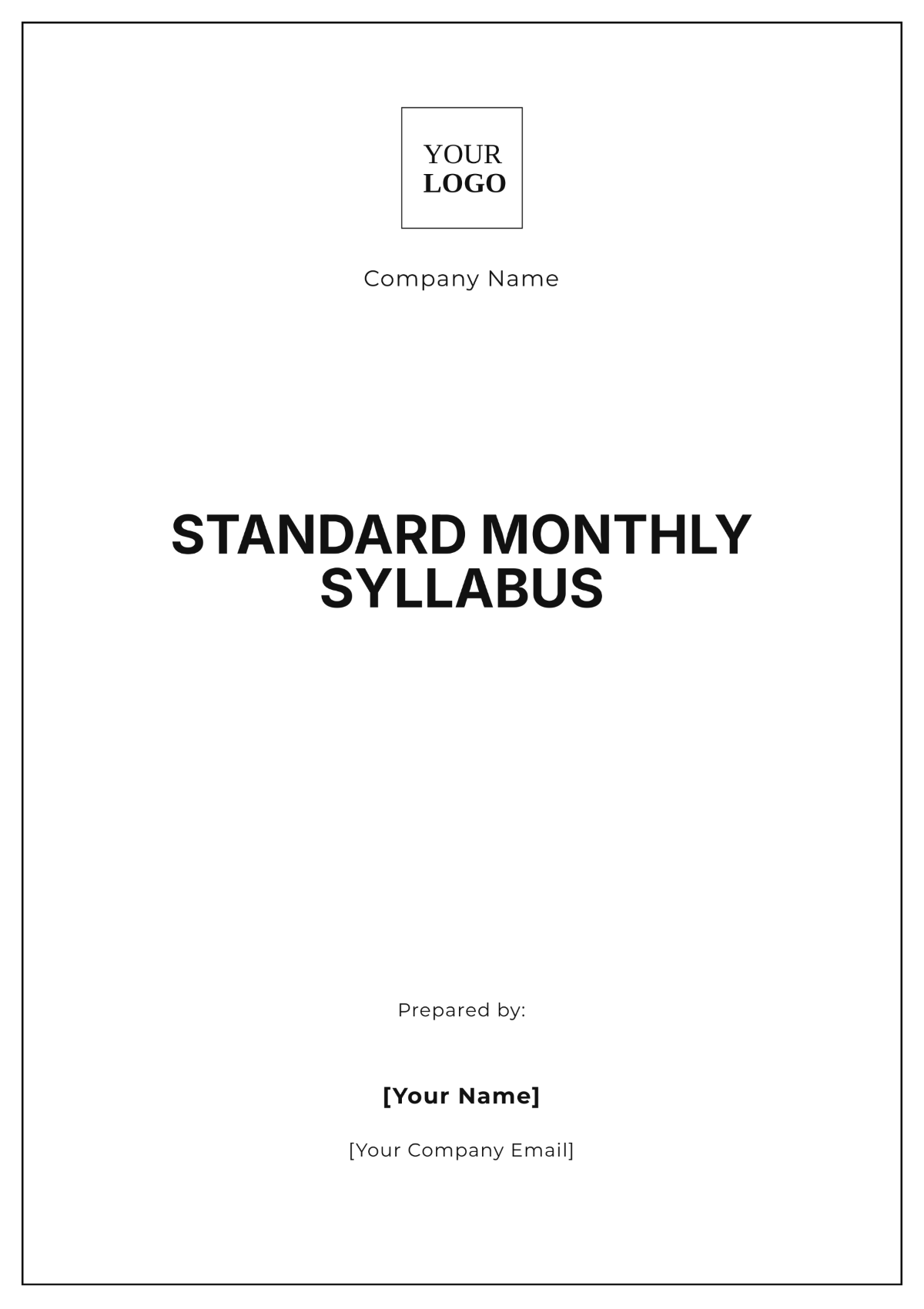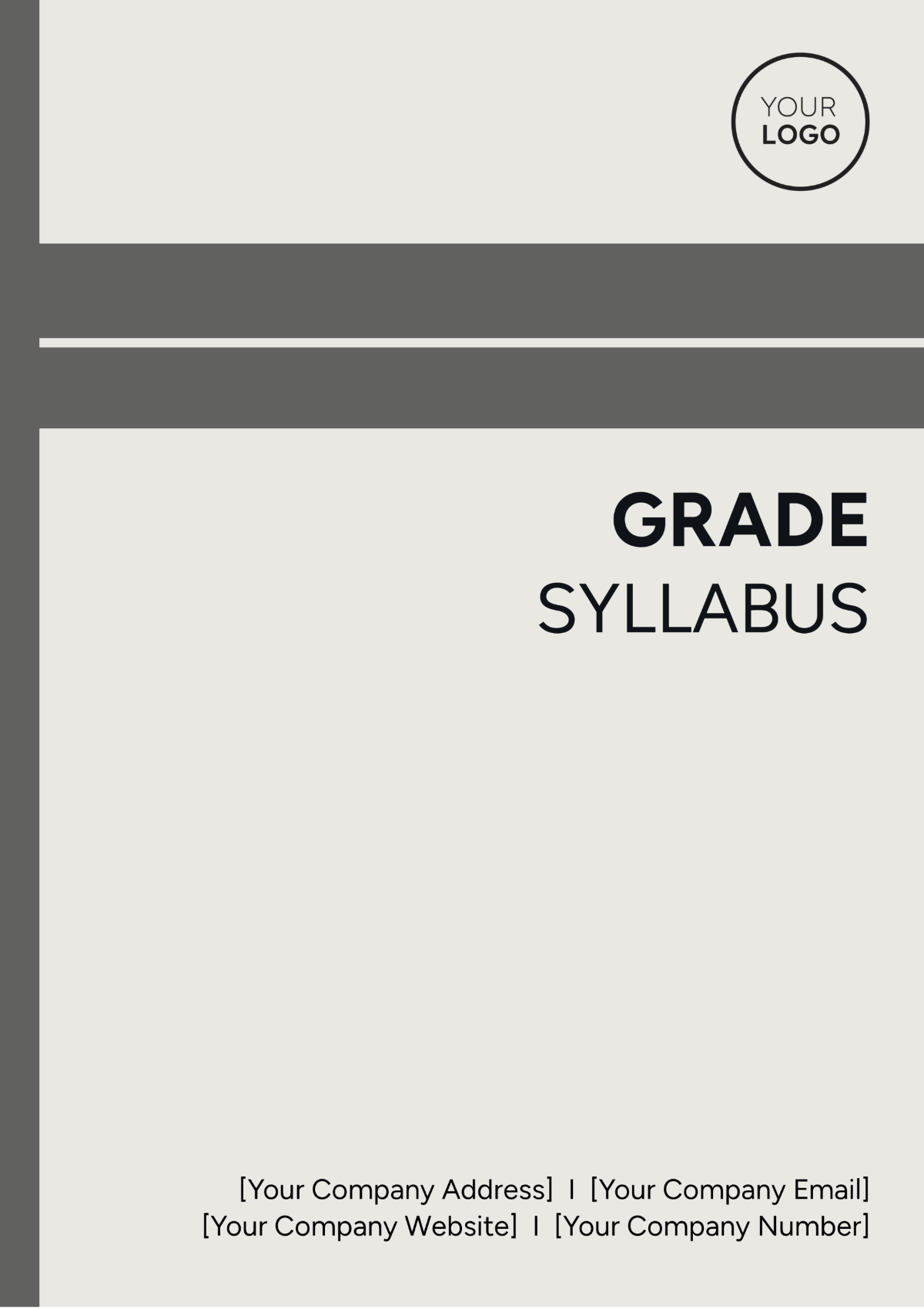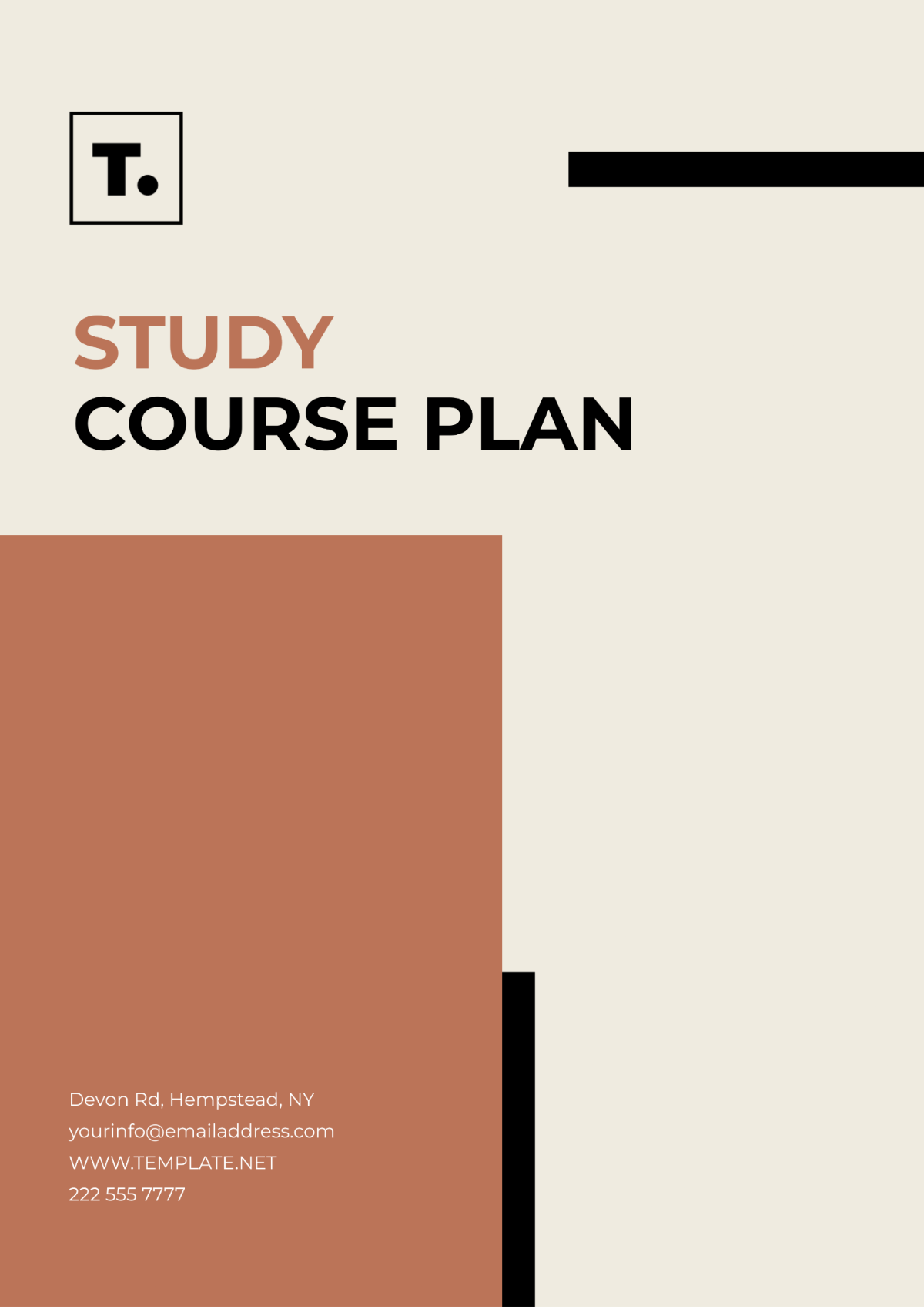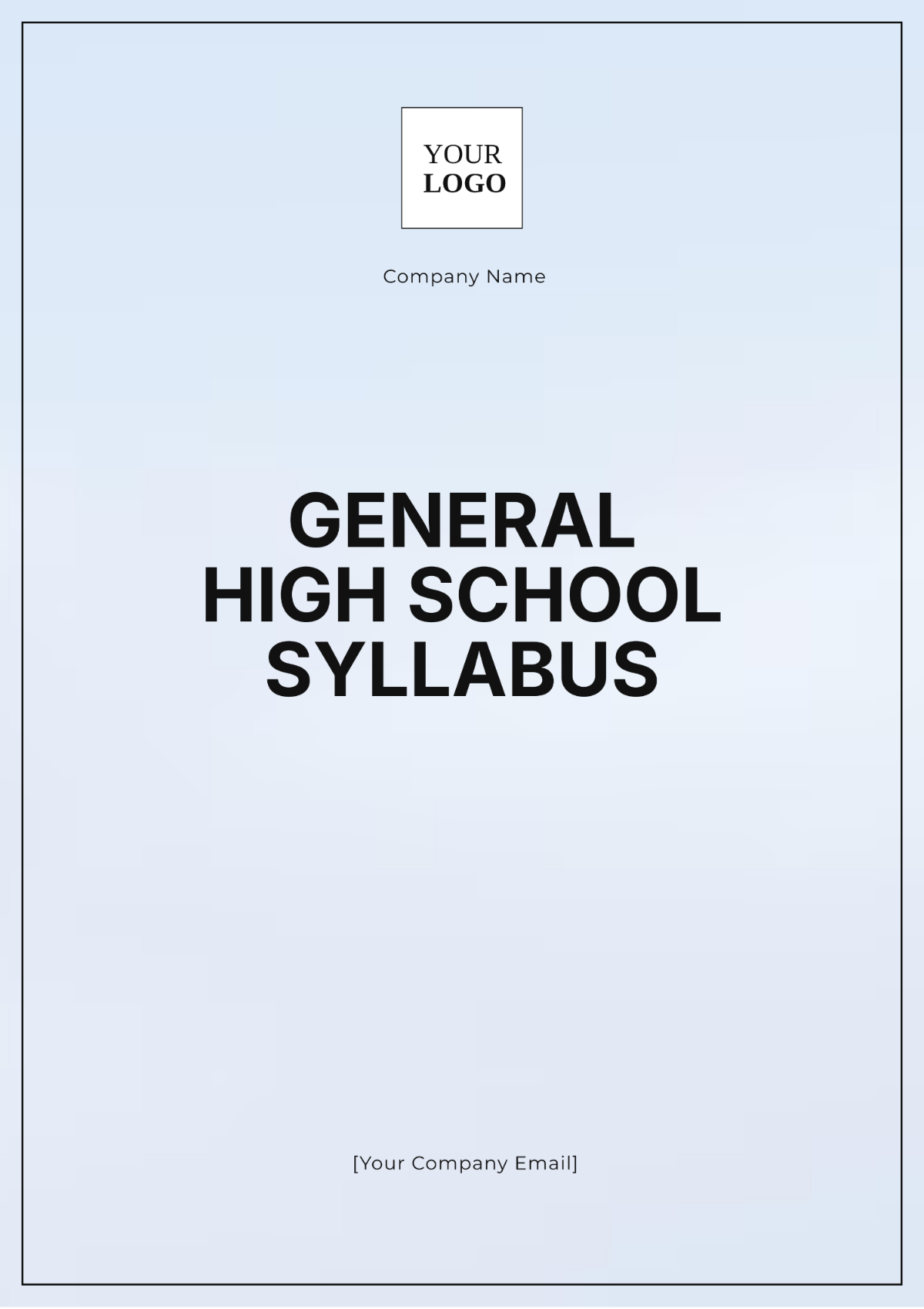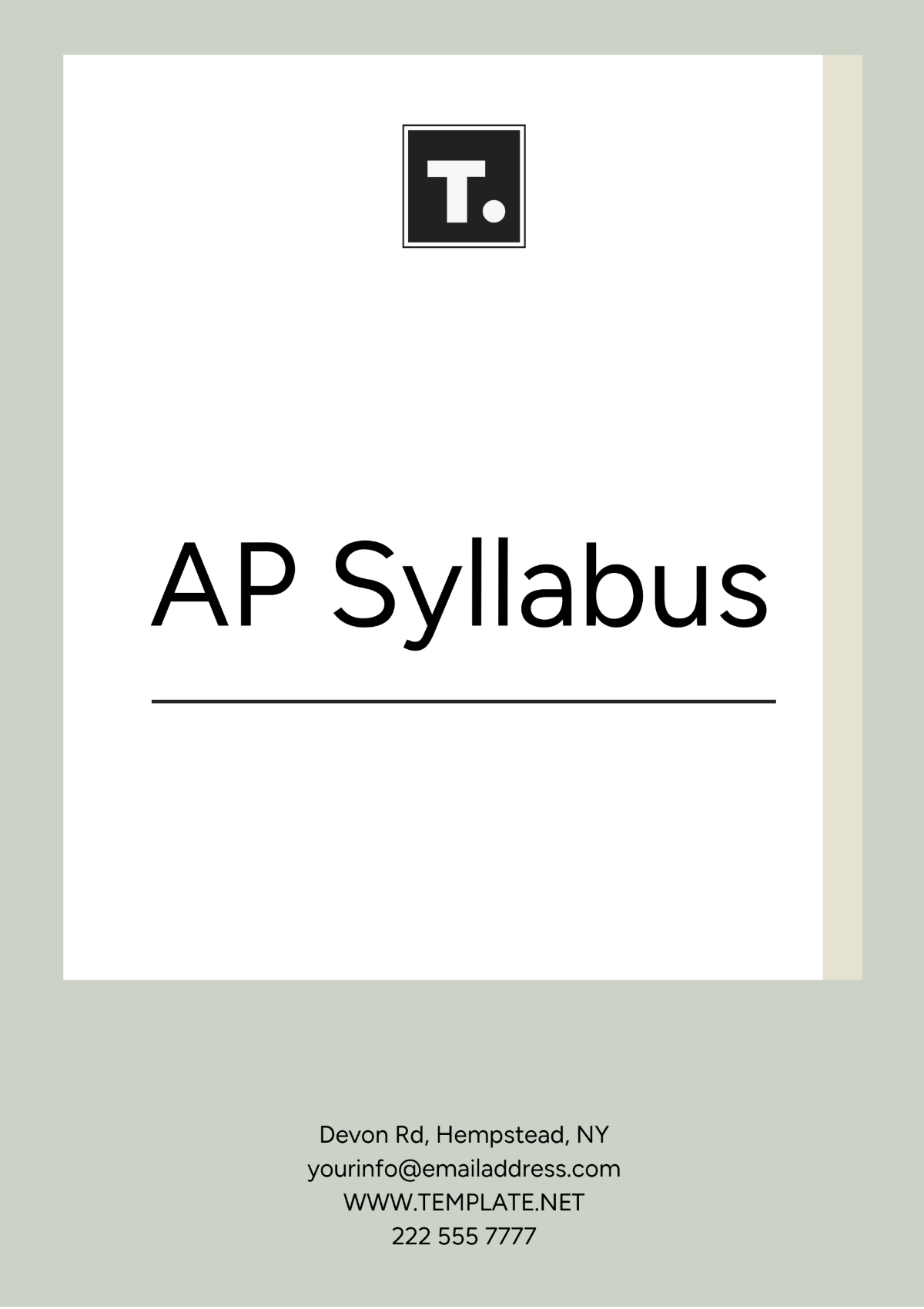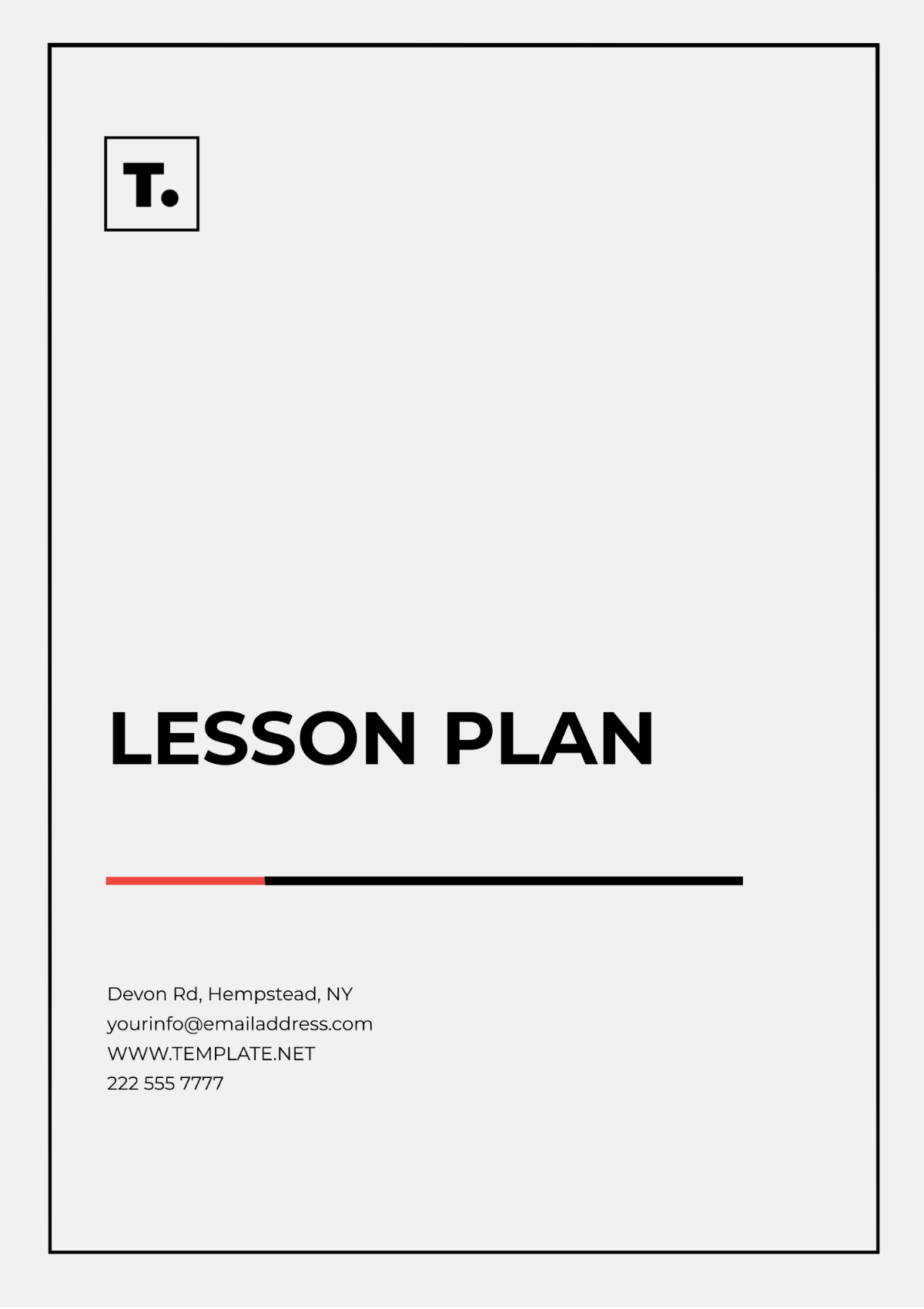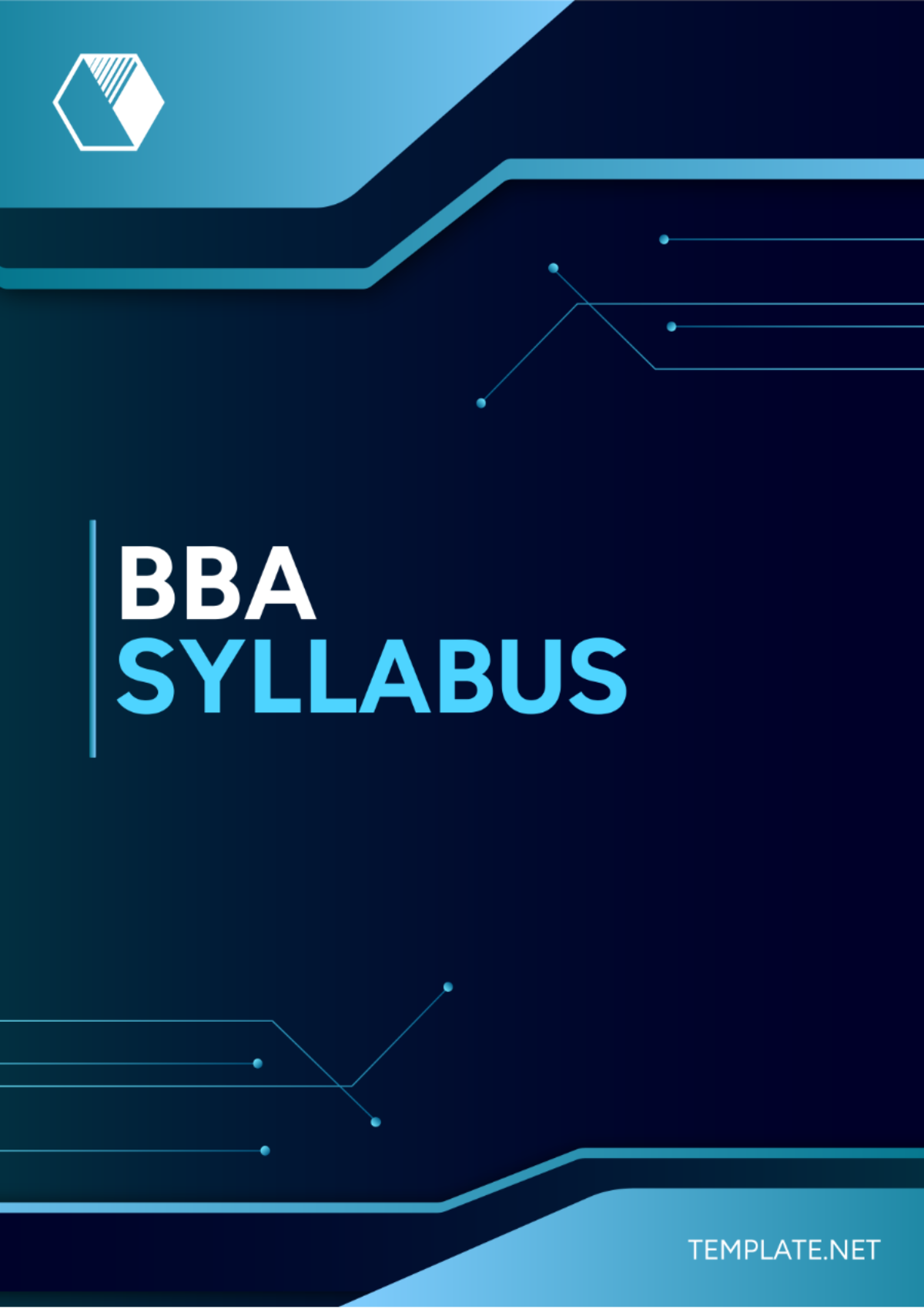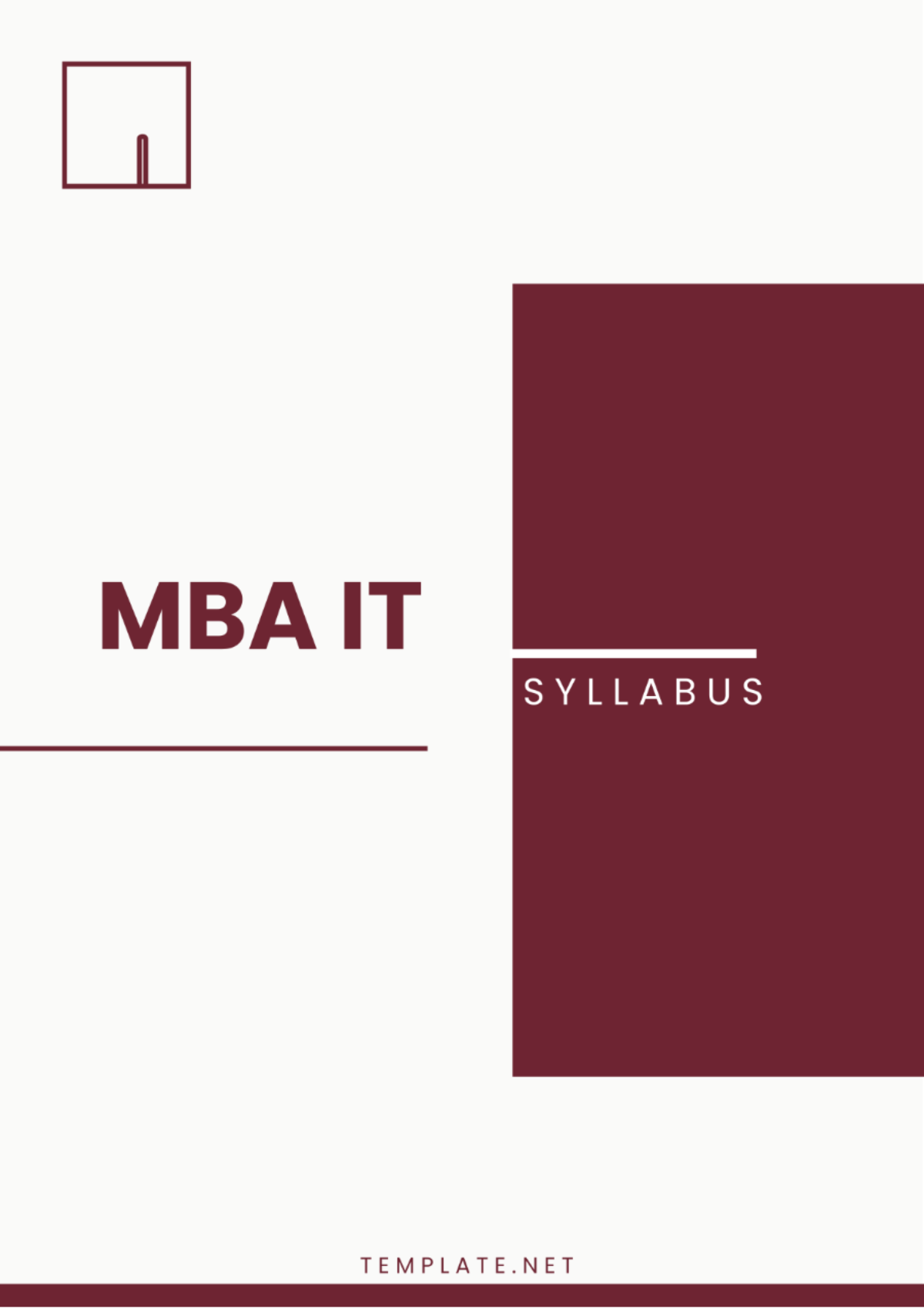School Art Syllabus
School Art Course
Course Title | [COURSE TITLE] |
Course Code | [COURSE CODE] |
Class Location | [CLASS LOCATION] |
Class Time | [CLASS TIME] |
Class Duration | [DATE] - [DATE] |
1. Course Description
This art course, designed to ignite student creativity, combines theory and practice for an in-depth study of various art forms, methods, and styles. Prioritizing not only technical skill but critical thinking and aesthetic awareness, students will engage with art's societal impact through hands-on tasks and interactive idea exploration.
2. Instructor Information
Instructor: [YOUR NAME]
Contact: [YOUR EMAIL]
Office Hours: [OFFICE HOURS]
3. Learning Objectives
Developing basic skills in art forms like drawing, painting, and sculpture.
To explore diverse artistic styles and movements, from realism to abstraction.
To cultivate creativity, imagination, and self-expression through art-making.
To understand the historical and cultural contexts of different art forms.
To foster critical thinking and aesthetic judgment in evaluating artworks.
To develop effective communication skills for discussing and presenting art.
To build confidence and resilience in the face of artistic challenges.
4. Course Schedule
Week | Topic | Activities |
|---|---|---|
1 | Introduction to Drawing | Drawing exercises, sketching from observation |
2 | Exploring Color Theory | Color mixing experiments, painting exercises |
3 | Sculpture Techniques | Clay sculpting, 3D modeling |
4 | Art History and Movements | Lecture on art movements, group discussions |
5 | Mixed Media Exploration | Collage making, mixed media projects |
6 | Portfolio Development | Portfolio review, individualized feedback |
5. Required Reading and Materials
"Drawing on the Right Side of the Brain" by Betty Edwards
"Color and Light: A Guide for the Realist Painter" by James Gurney
Sketchbook
Drawing pencils
Paintbrushes
Acrylic paints
Clay
Mixed media materials
6. Assignments and Assessments
Weekly sketchbook assignments
Painting and sculpture projects
Art critiques and presentations
Midterm portfolio review
Final project and exhibition
7. Course Policies
Attendance is mandatory for all classes and studio sessions.
Late submissions will incur a penalty unless prior arrangements are made.
Respectful behavior and constructive feedback are expected in all interactions.
Use of electronic devices during class should be limited to art-related activities.
Studio spaces and equipment must be cleaned and maintained after use.
8. Grading Policy
Assignment | Weight |
|---|---|
Weekly assignments | 30% |
Midterm portfolio | 20% |
Final project | 30% |
Class participation | 10% |
Attendance | 10% |
9. Resources and Support
Access to studio facilities and equipment: Students will get full access to our advanced studio with diverse tools for their creative pursuits, including drawing tables and pottery wheels, aiding in materializing their art visions.
Individualized feedback and support from the instructor: Our committed instructor provides individualized guidance and insightful feedback to students throughout the semester, offering customized support for artistic growth through personal discussions and class critiques.
Extra resources from the art department and library.: Besides studio facilities, students also gain access to numerous resources like books, journals, and digital materials about different artistic styles and techniques from the art department and library. These resources enhance classroom learning and are useful for project and assignment research.
10. Academic Integrity
Work submitted should be the student's original: Originality is paramount in our art course. Students are expected to create their artwork from scratch, demonstrating their unique artistic voice and creative vision. Any external sources or references used must be properly cited to acknowledge the original creators.
Plagiarism or cheating will invite disciplinary action: Maintaining academic integrity is essential to fostering a culture of respect and honesty in our classroom. Any form of plagiarism or academic dishonesty, including copying others' work or using unauthorized aids during exams, will be met with serious consequences as outlined in the school's academic integrity policy.
11. Communication Guidelines
Communicate respectfully and professionally with the instructor: Positive learning hinges on clear, respectful communication; students should professionally interact with instructors and address issues in a respectful, constructive manner.
Address queries and concerns quickly during office hours or by email: We value student inquiries and encourage reaching out for course clarification or progress discussion. Timely assistance during office hours or via email is assured to enhance learning.
Course updates will be shared via the website or email: For class updates and announcements, check the course website or email regularly - this includes assignment reminders, schedule changes, and other relevant info.
12. Course Evaluation
At the semester's close, students will be asked to fill out anonymous surveys for feedback to judge the efficiency of the course, as well as the instructor's performance. As we appreciate student opinions, they help us consistently upgrade our courses and ways of teaching. This imperative feedback, that gives us insight into the course content, method of instruction, and students' learning experience in general, plays a crucial role in the advancement of our art program.
Disclaimer
The provided syllabus is a sample template and is intended for illustrative purposes only. It does not represent an actual course offering or syllabus. Any resemblance to real courses or syllabi is coincidental. The content, structure, and policies outlined in this syllabus are hypothetical and may not align with any specific educational institution's policies or practices. This template should be adapted and customized according to the requirements and guidelines of individual courses, instructors, and institutions.
